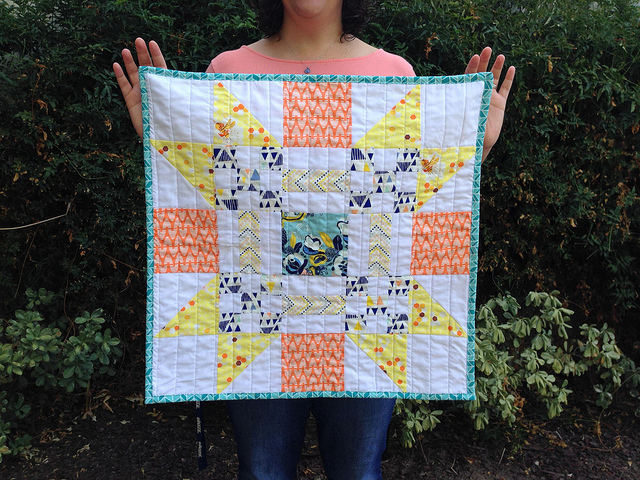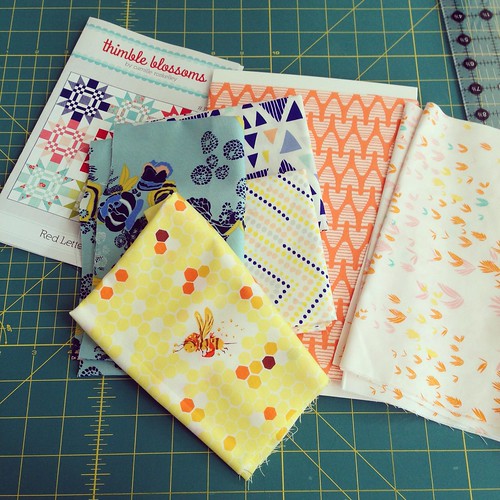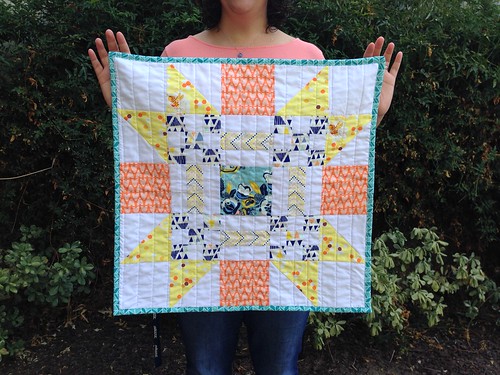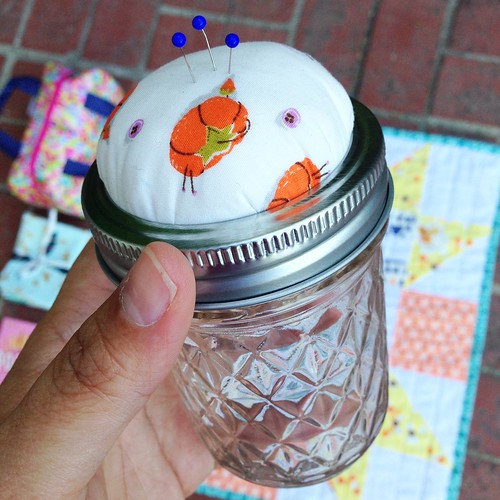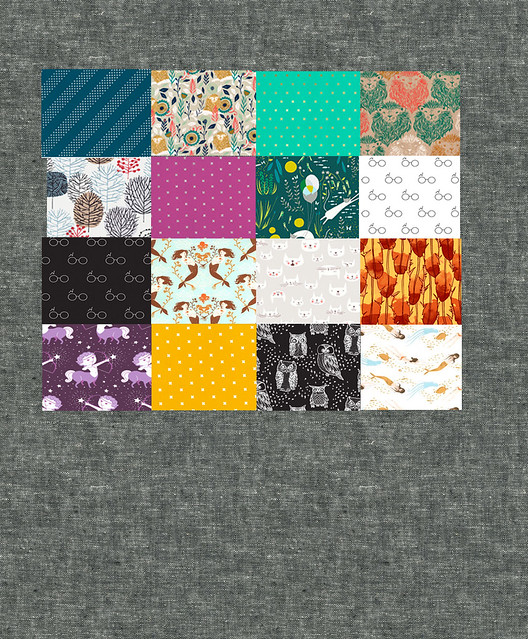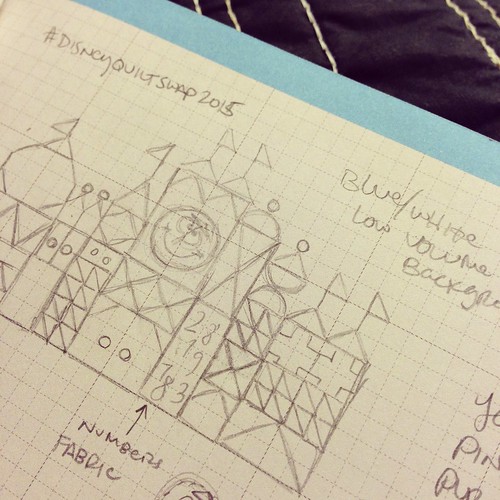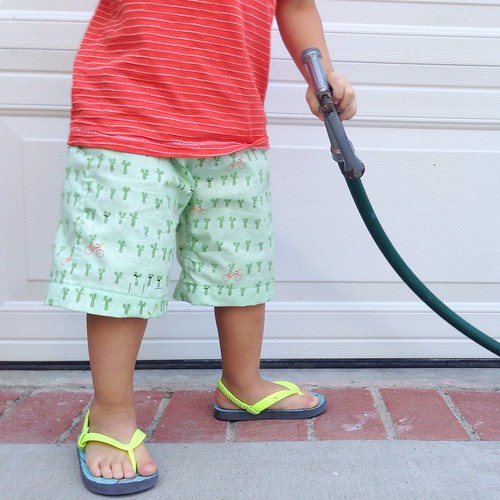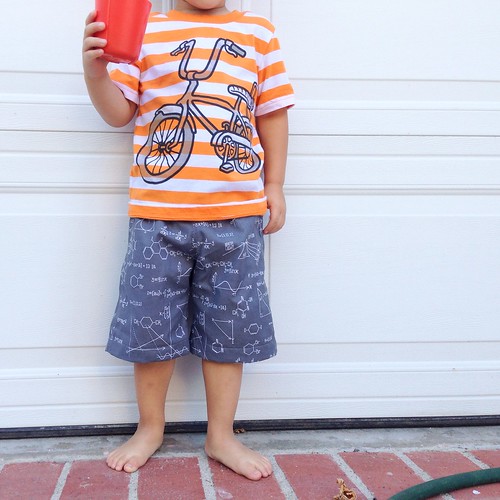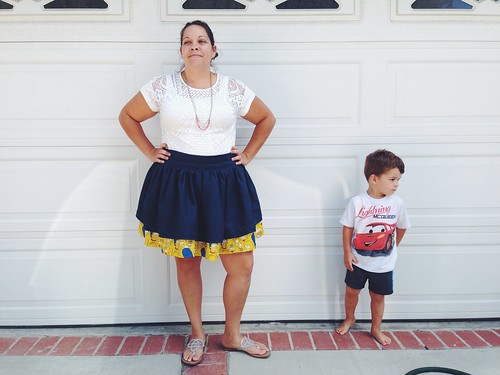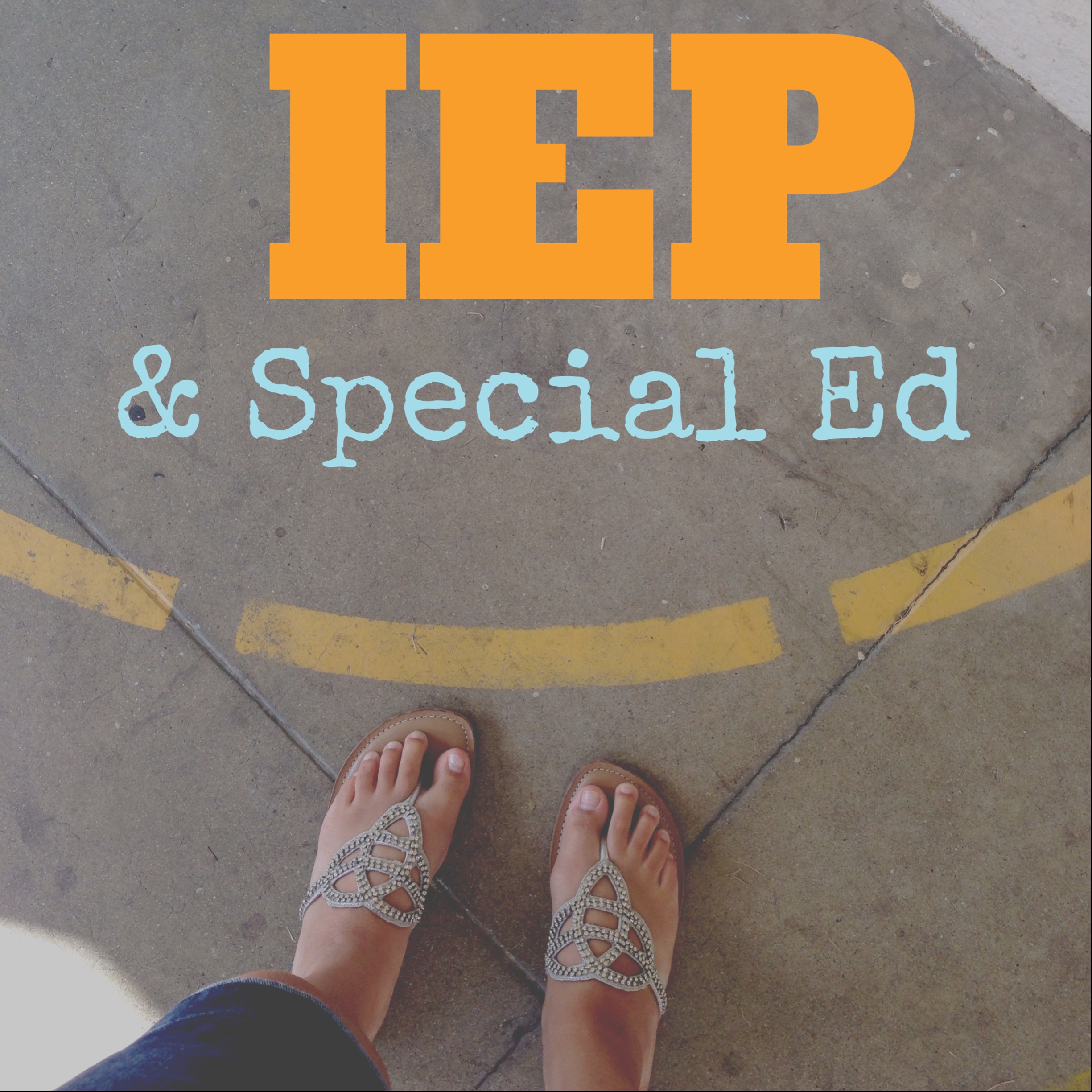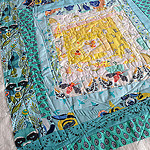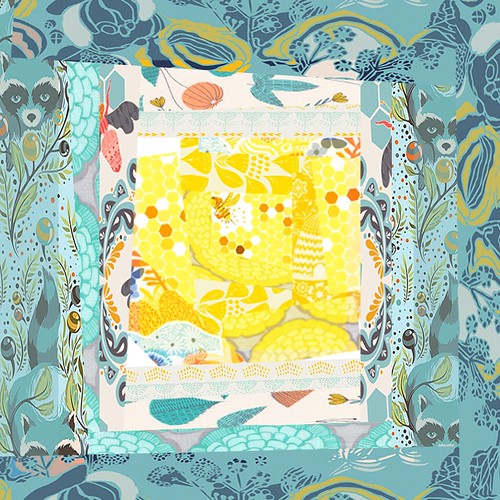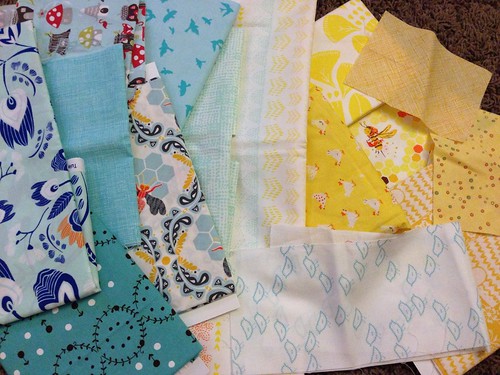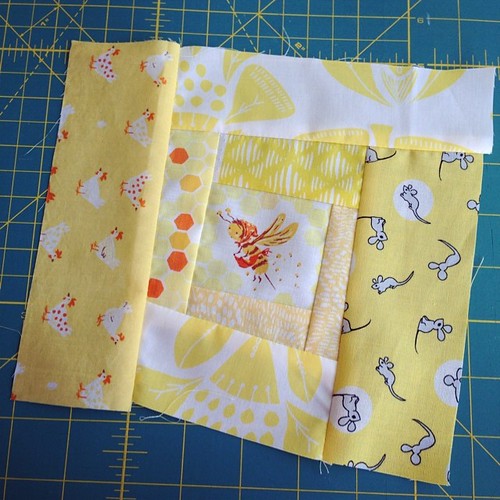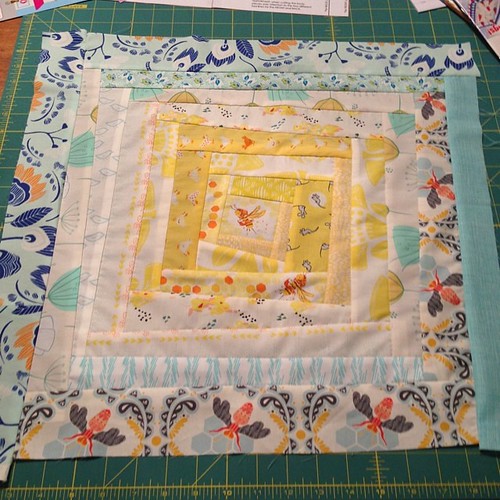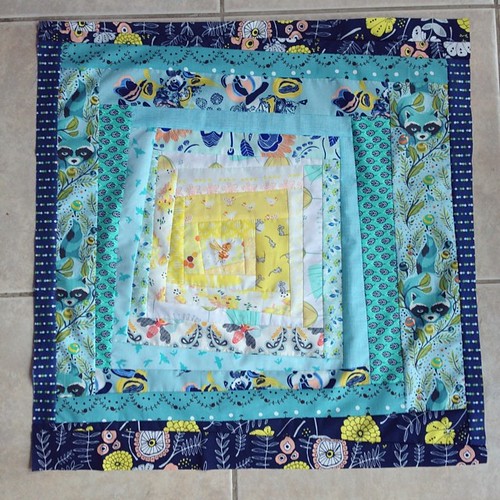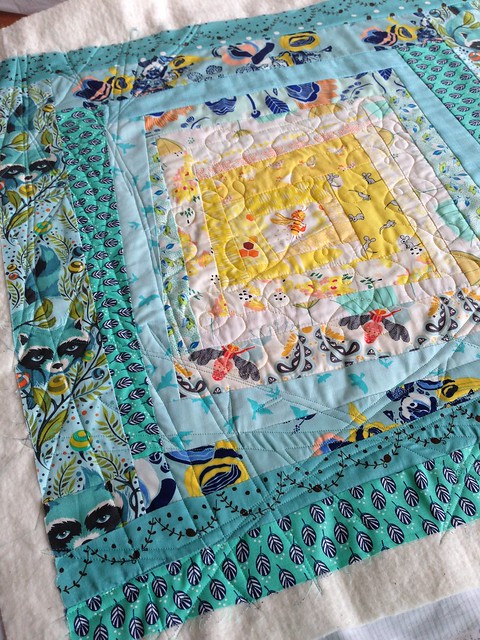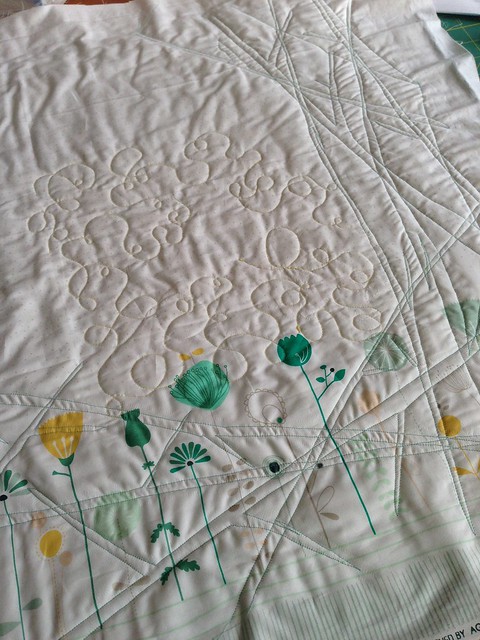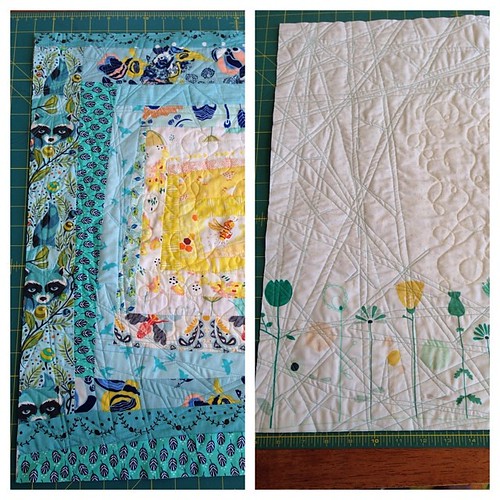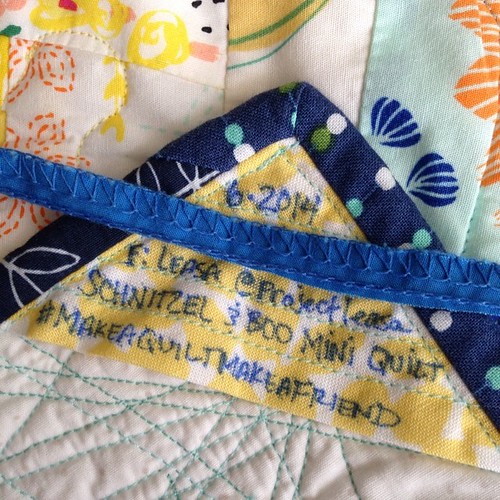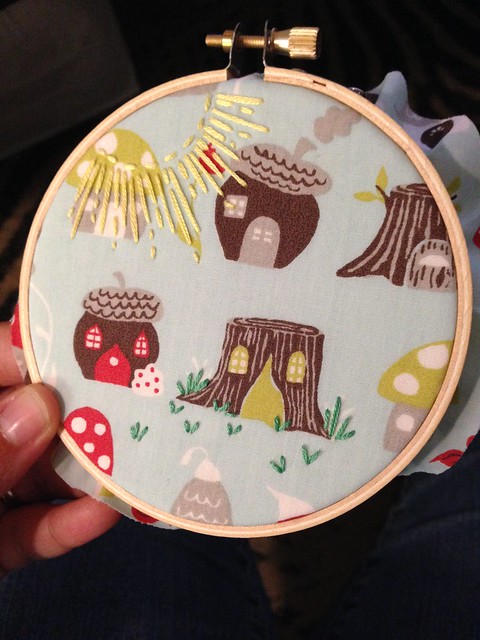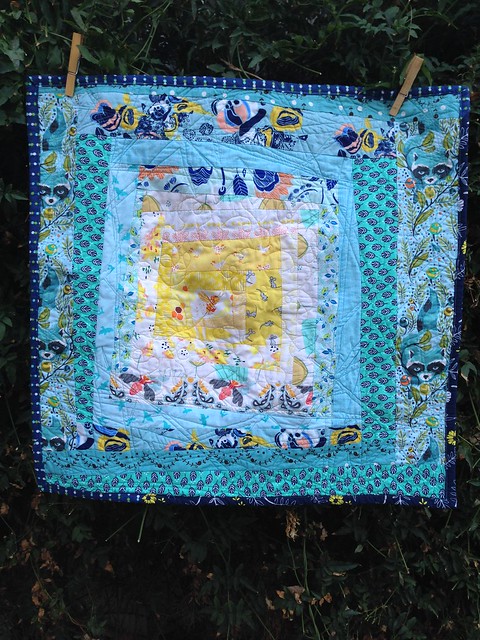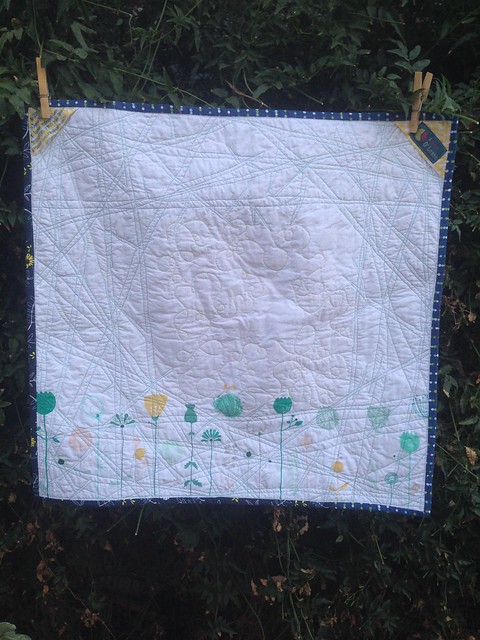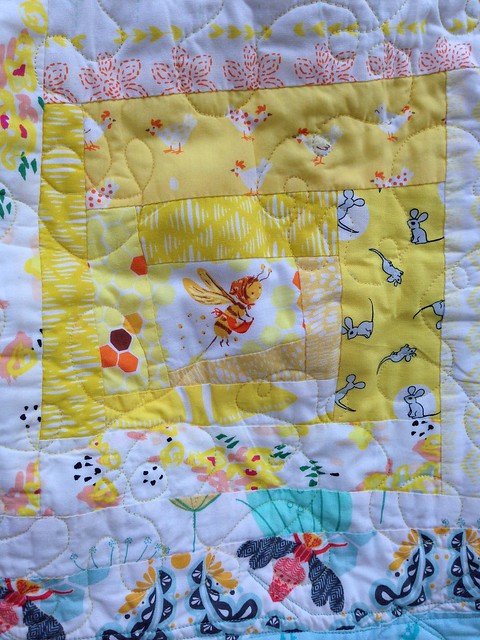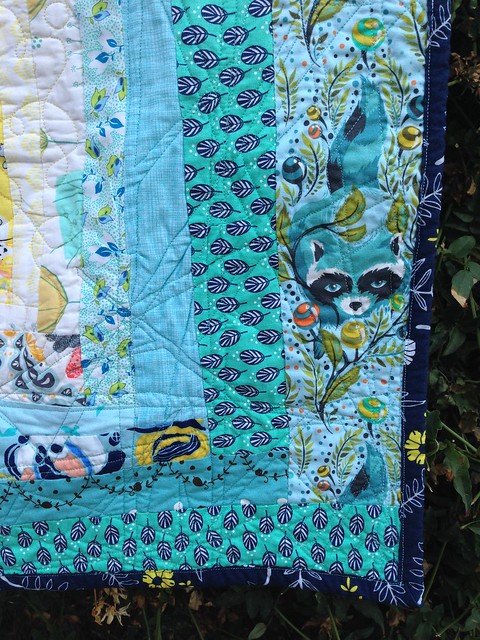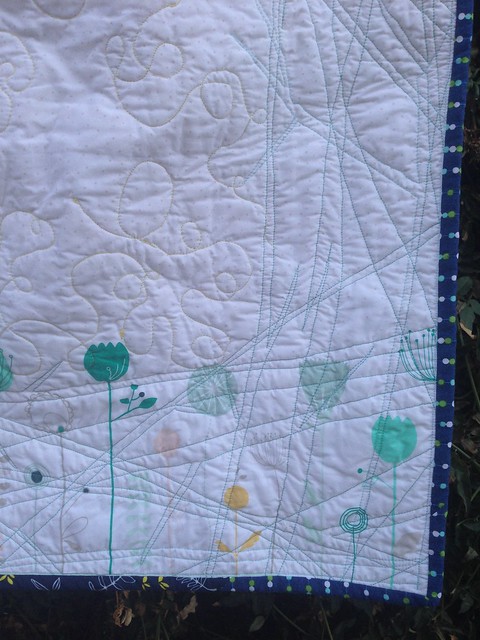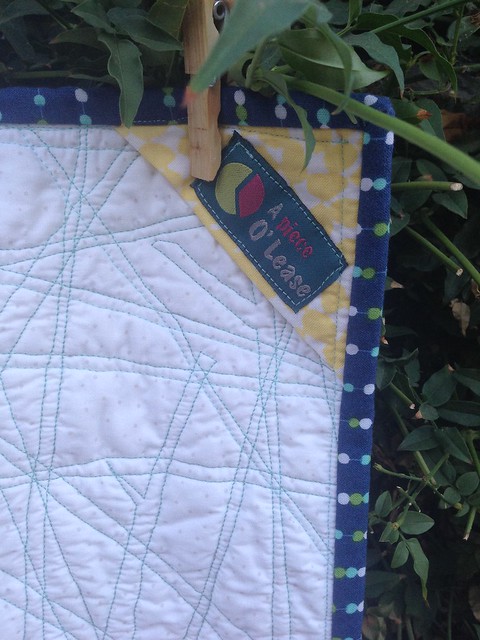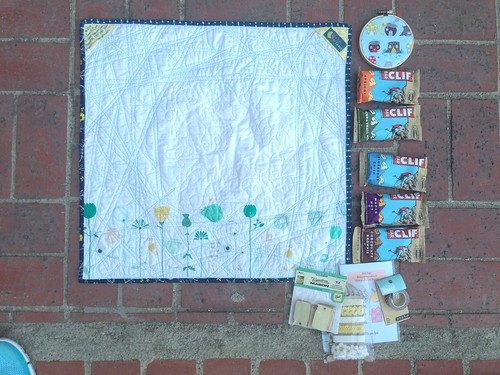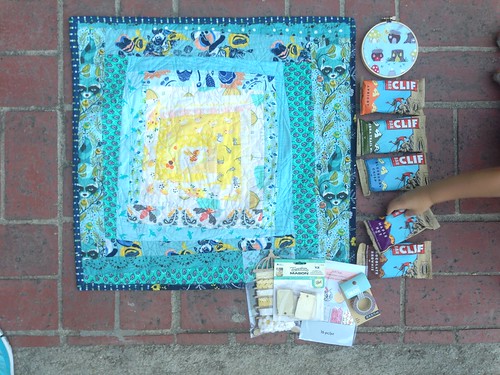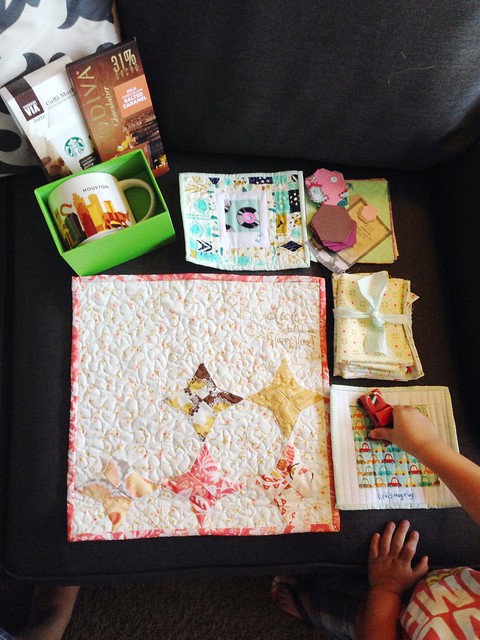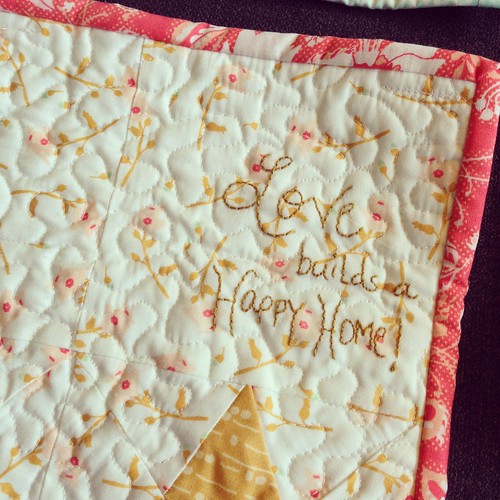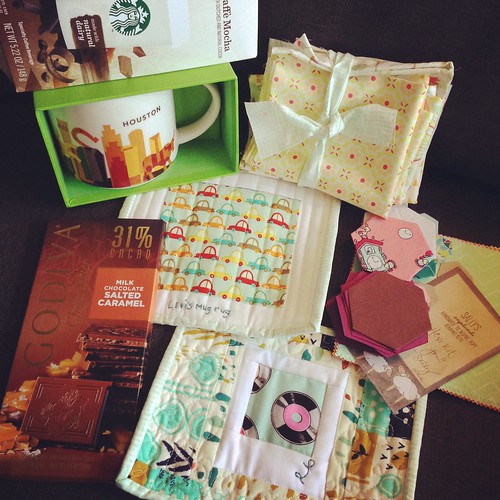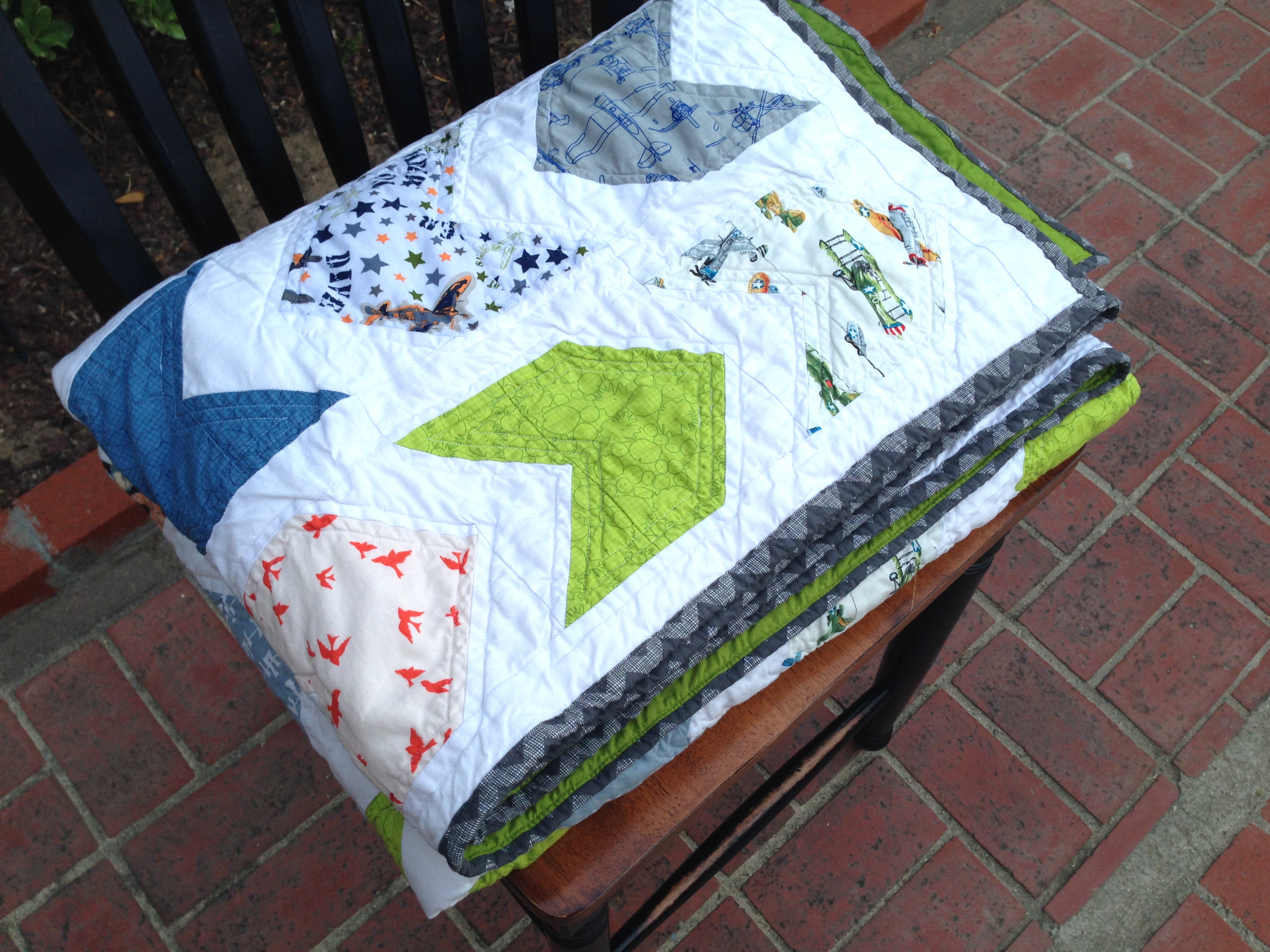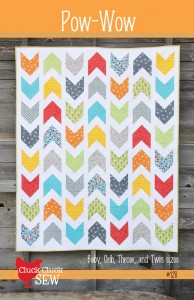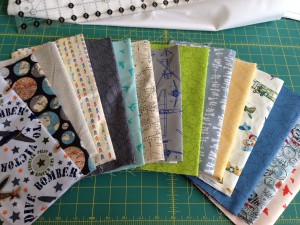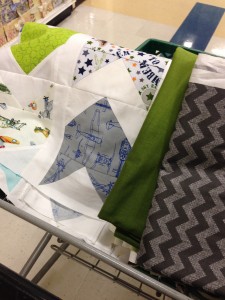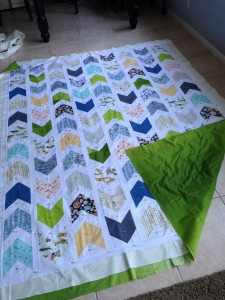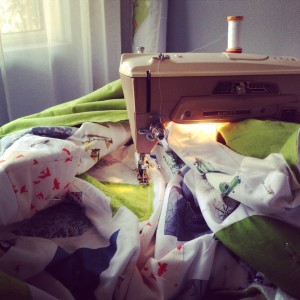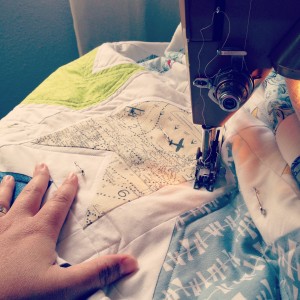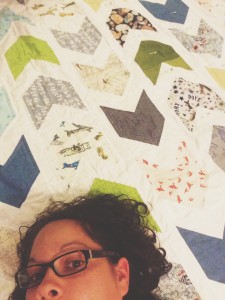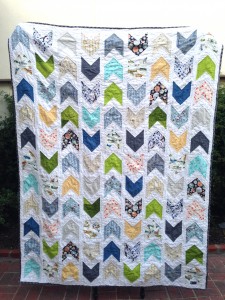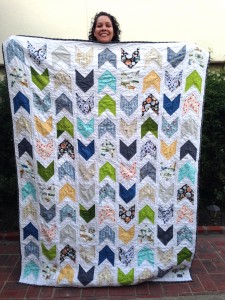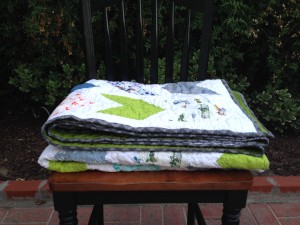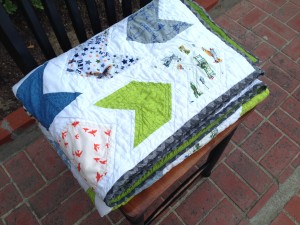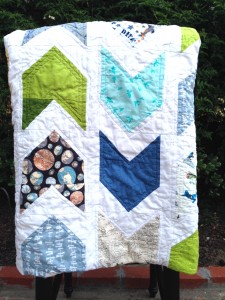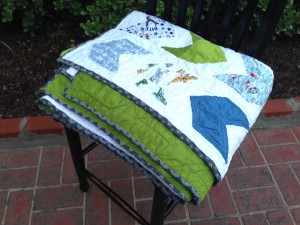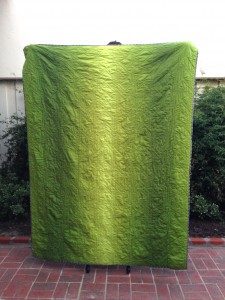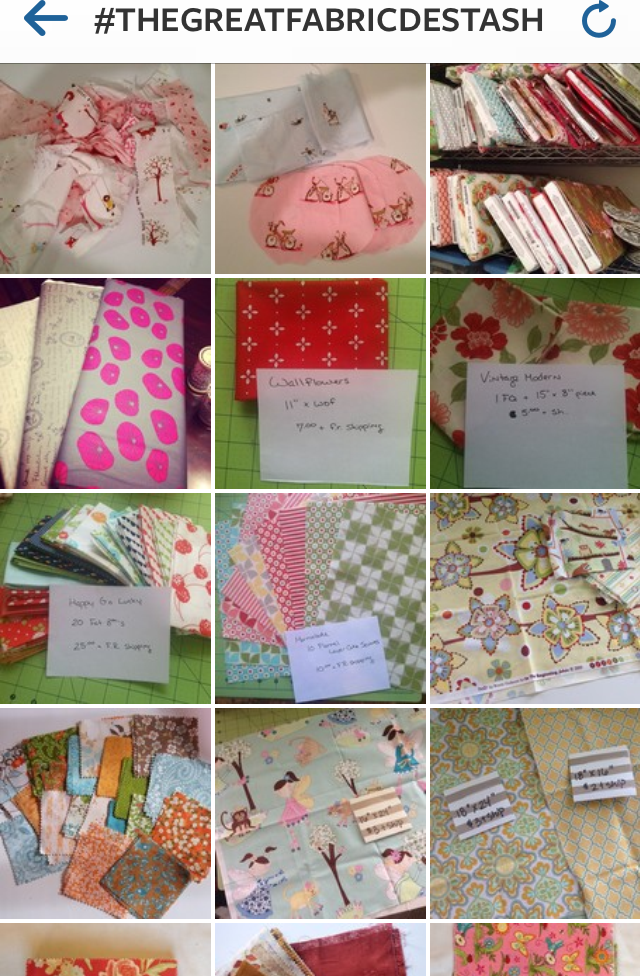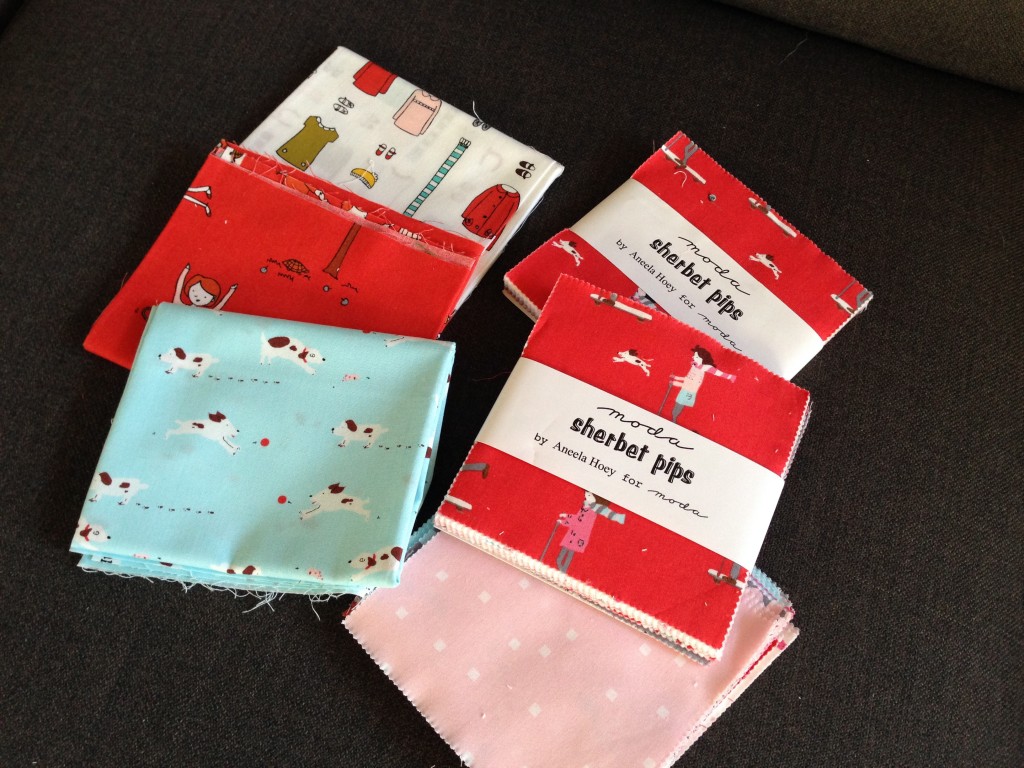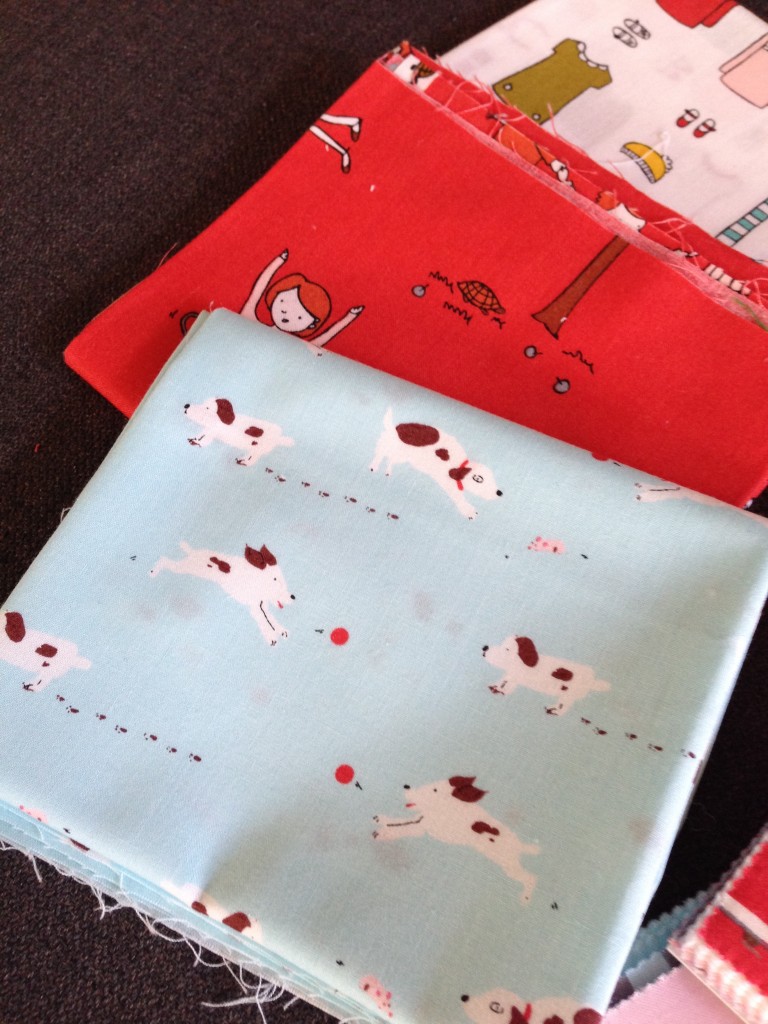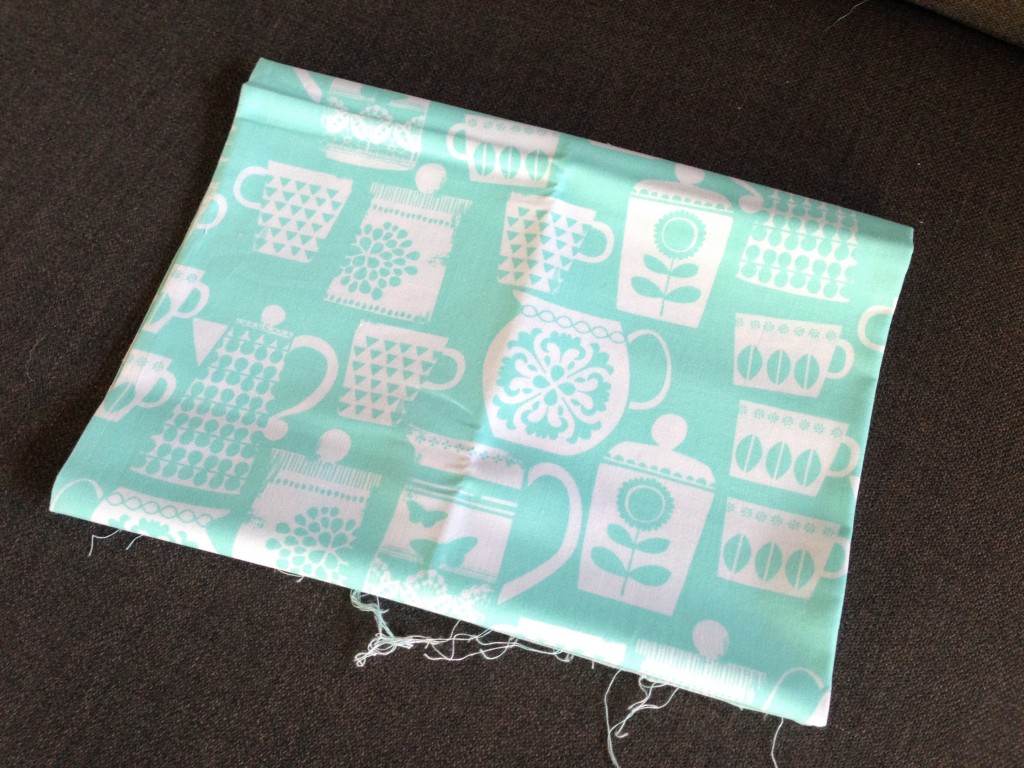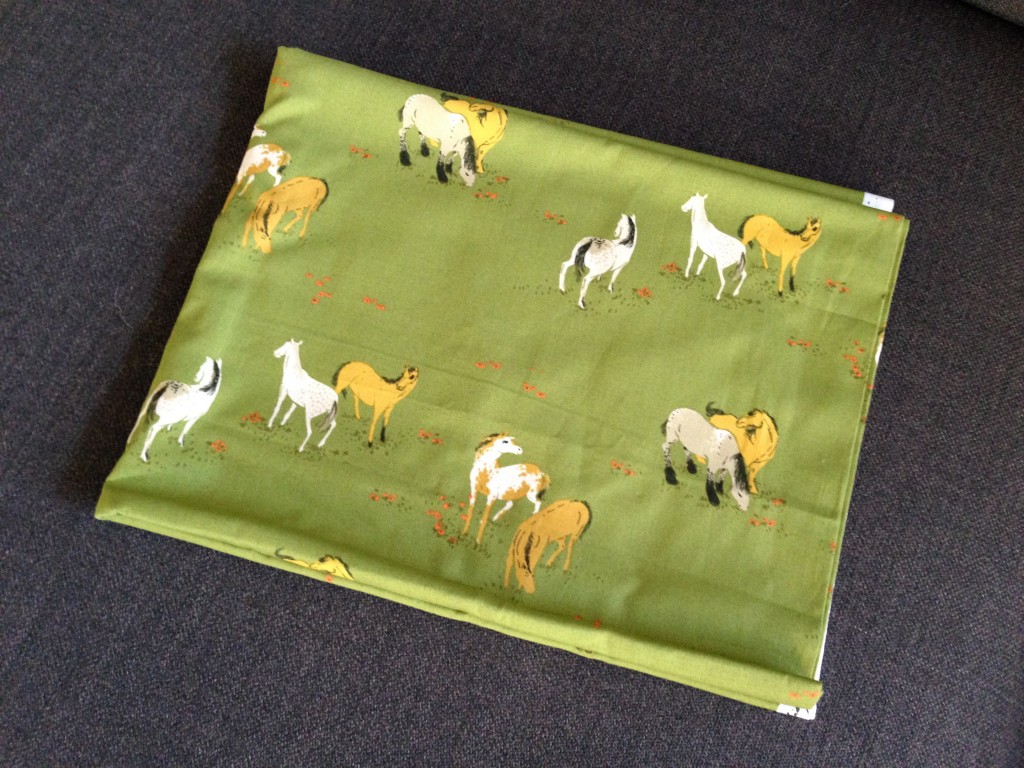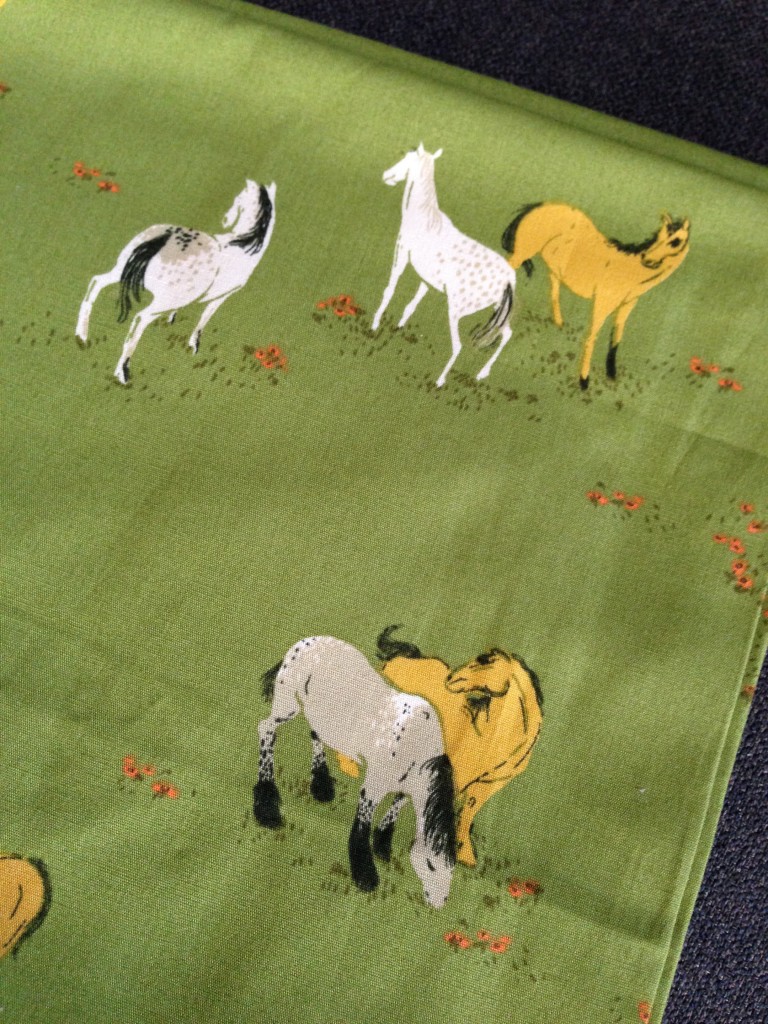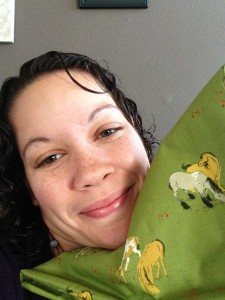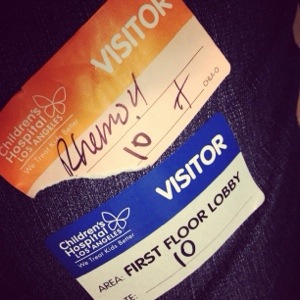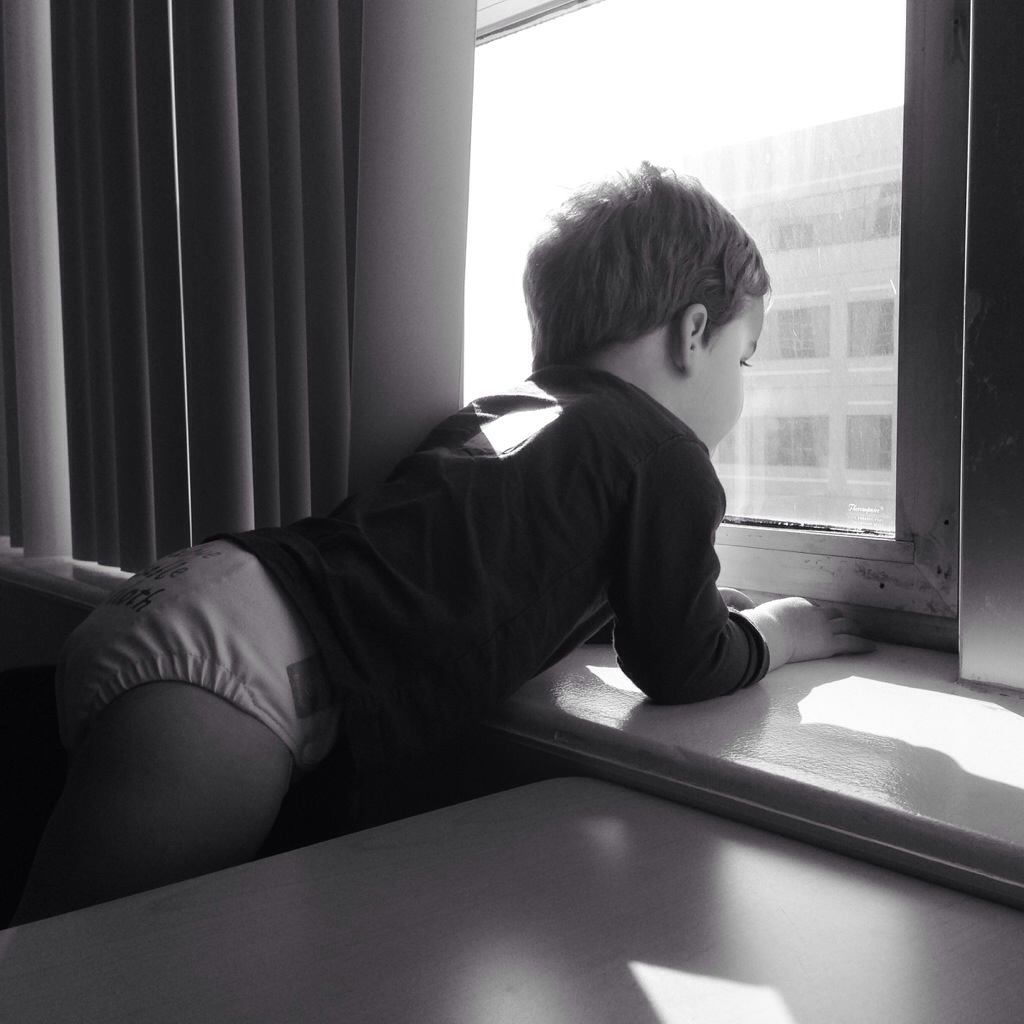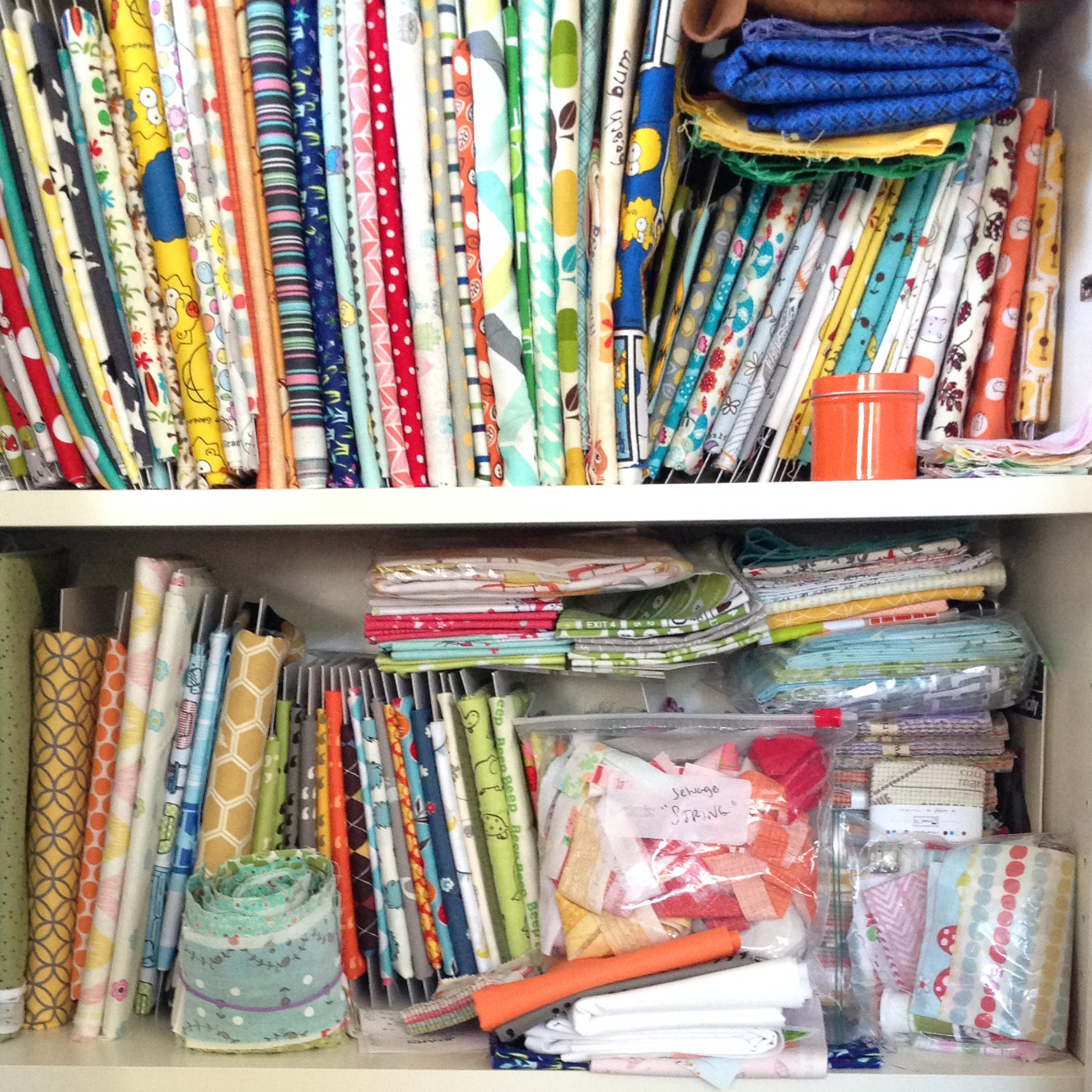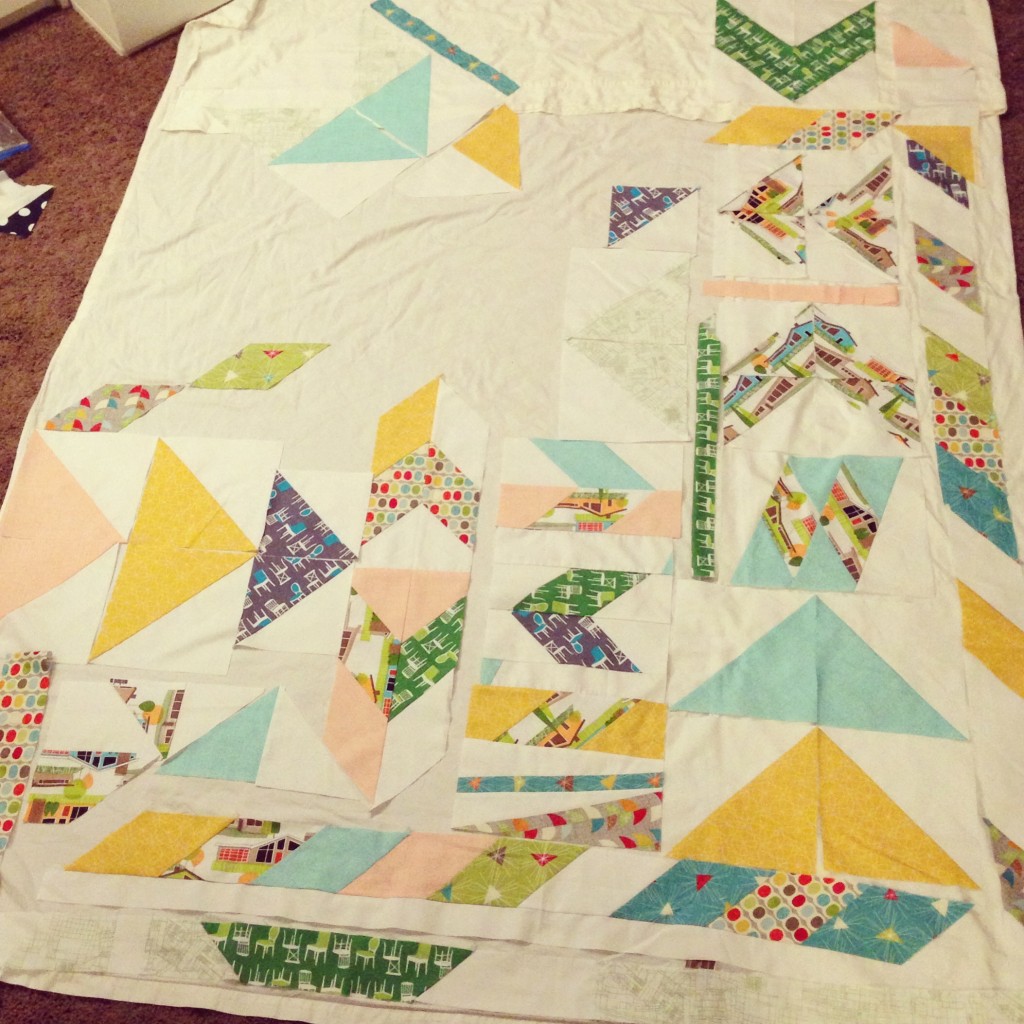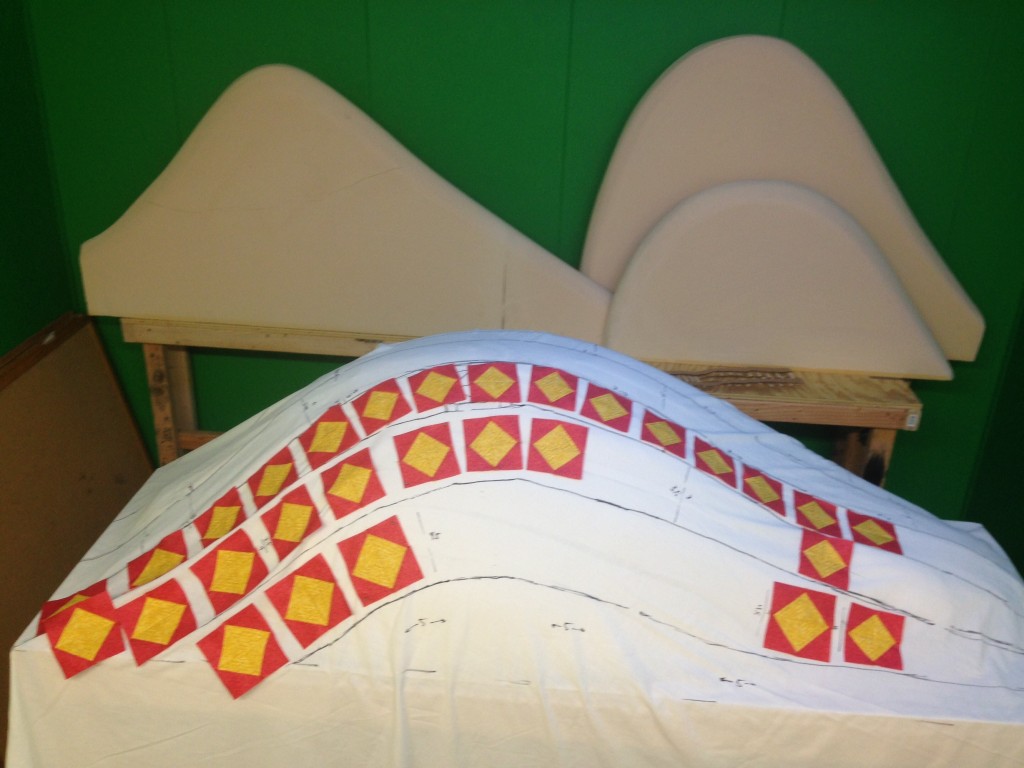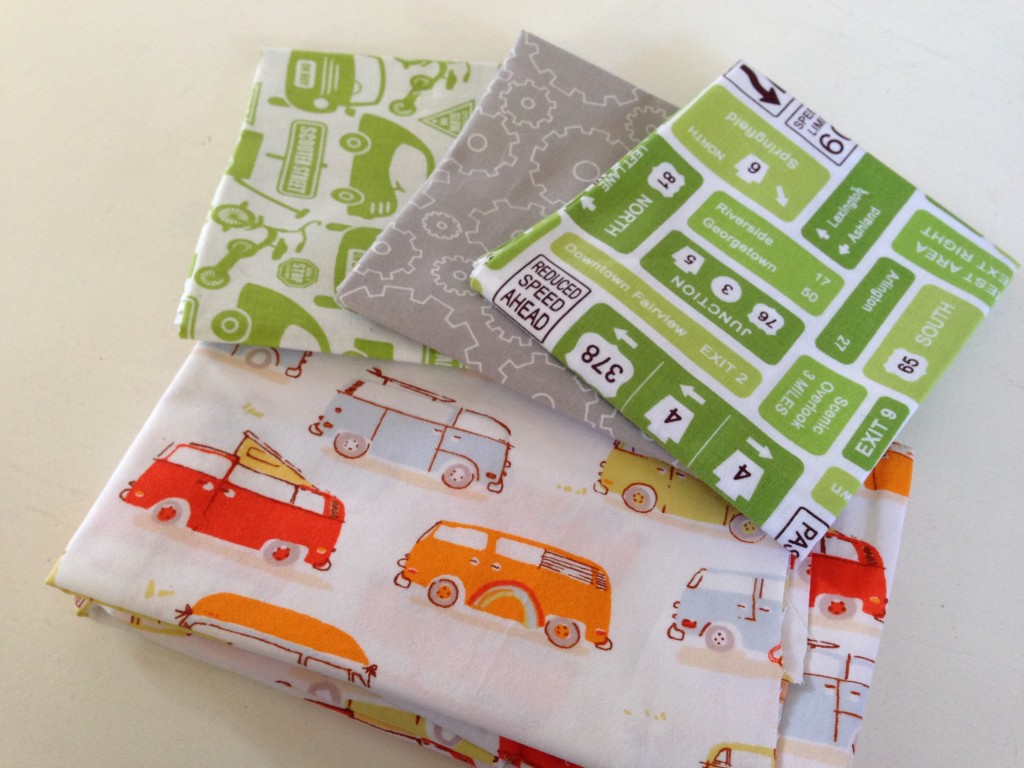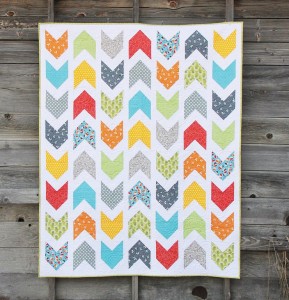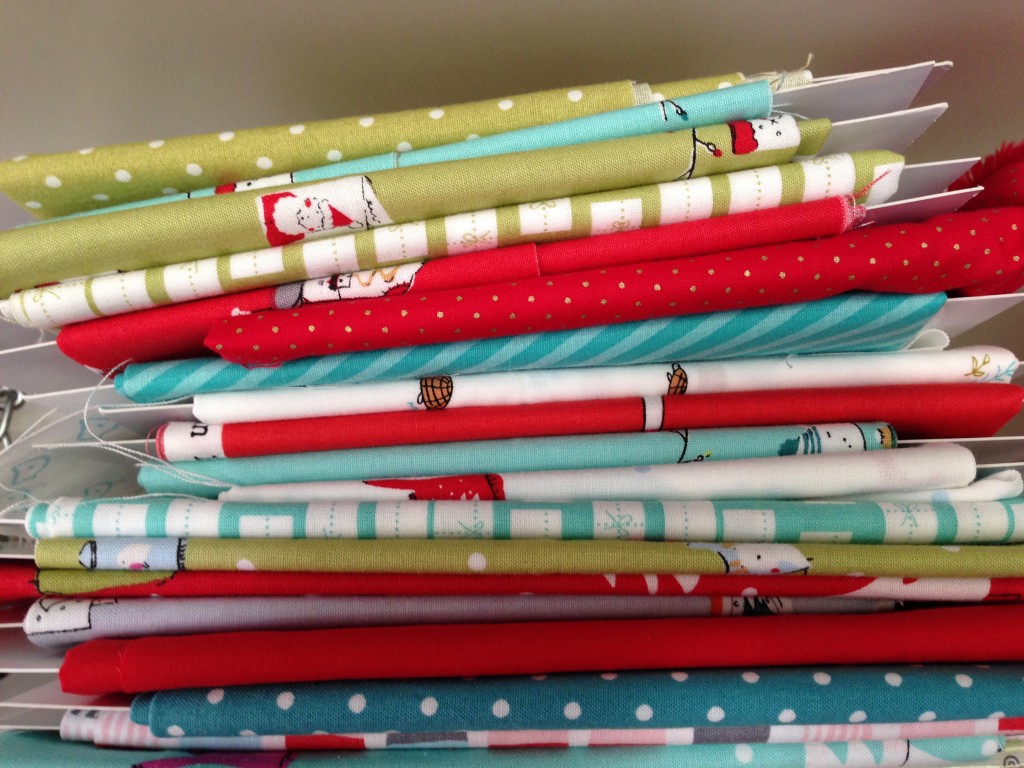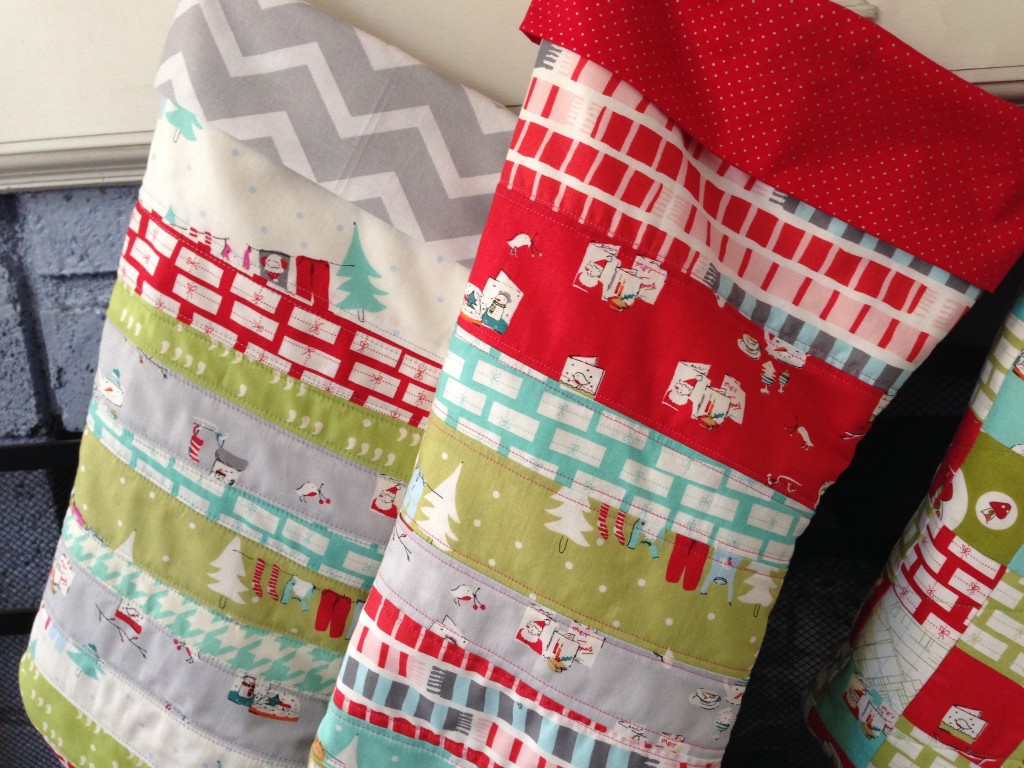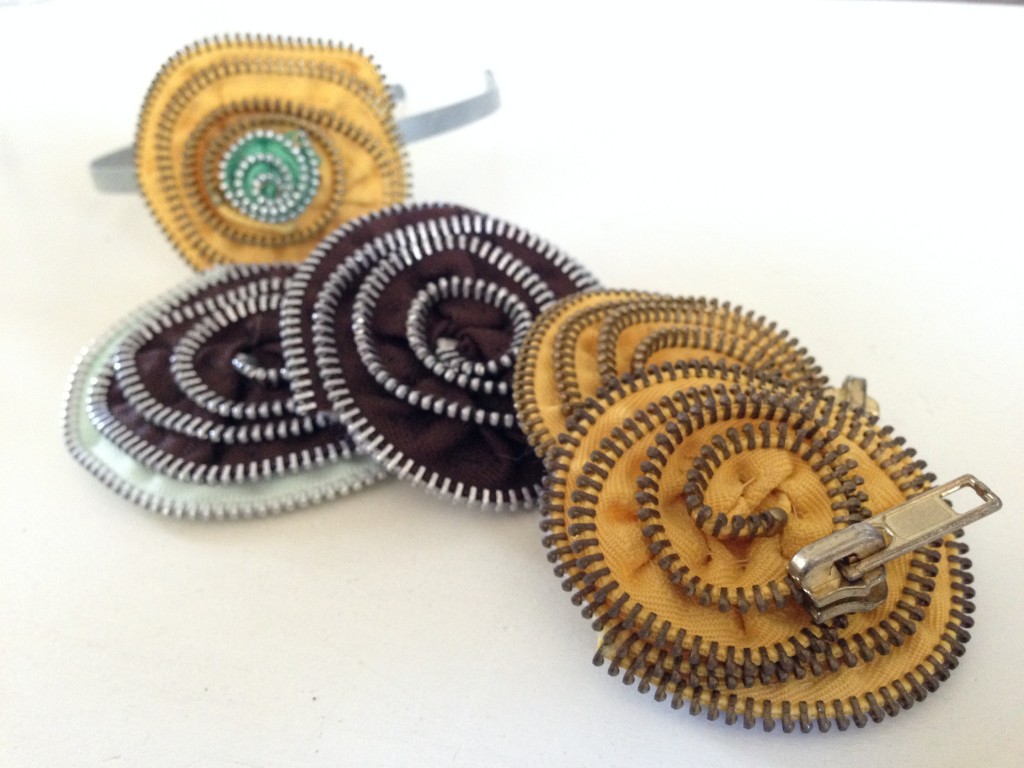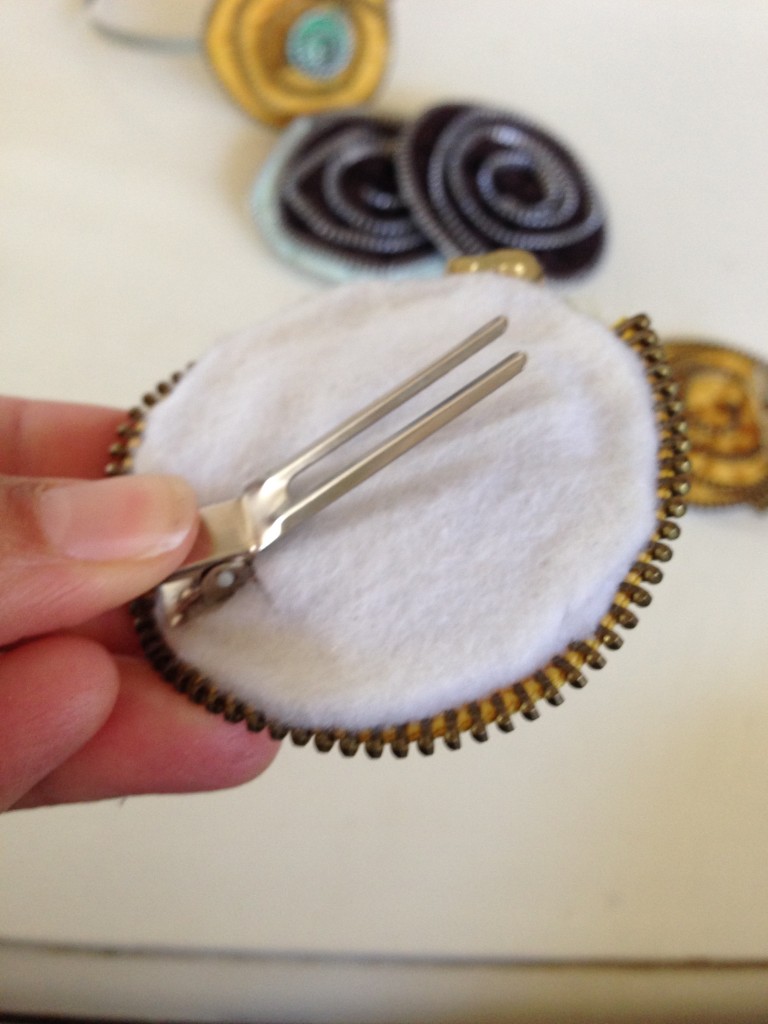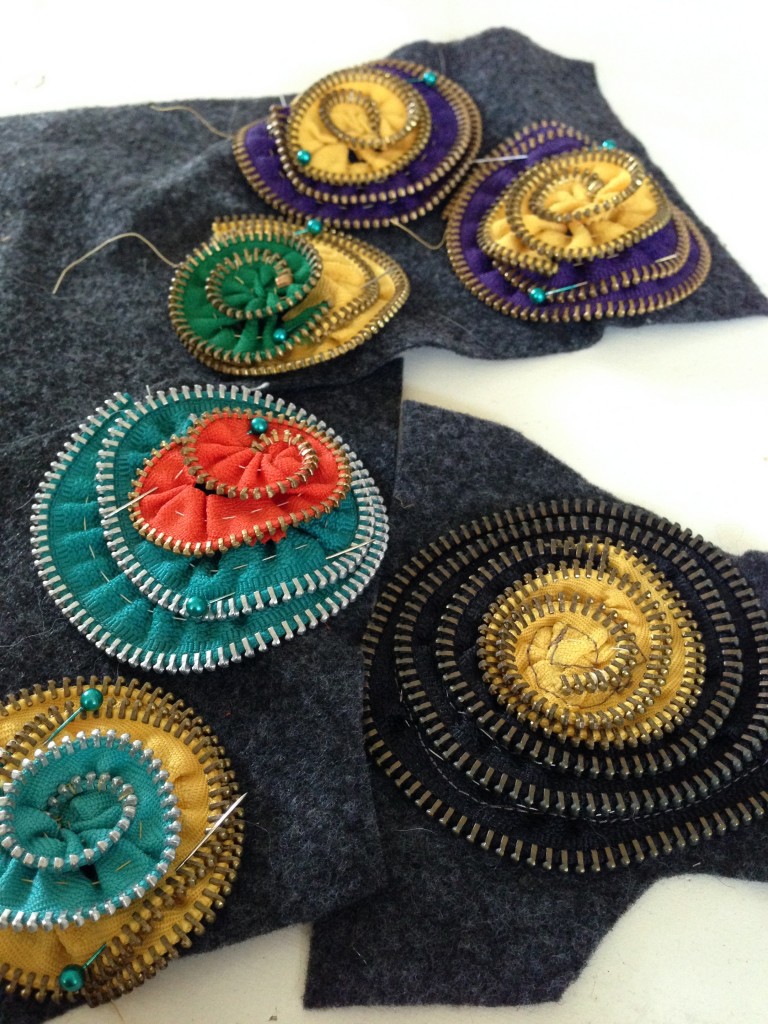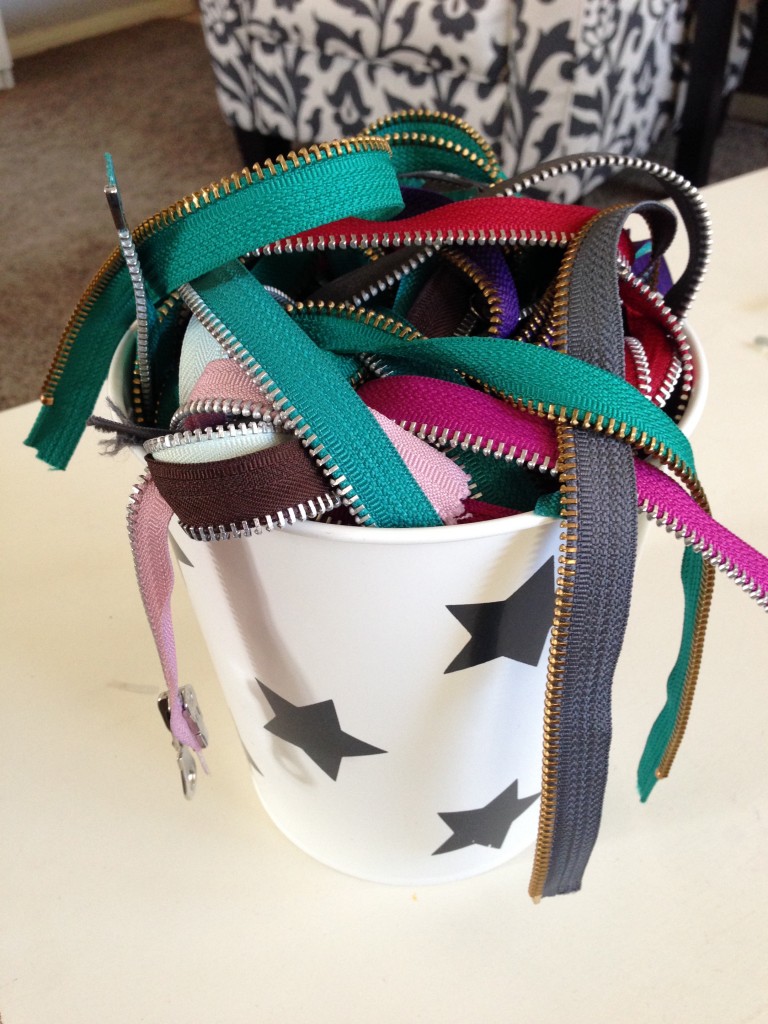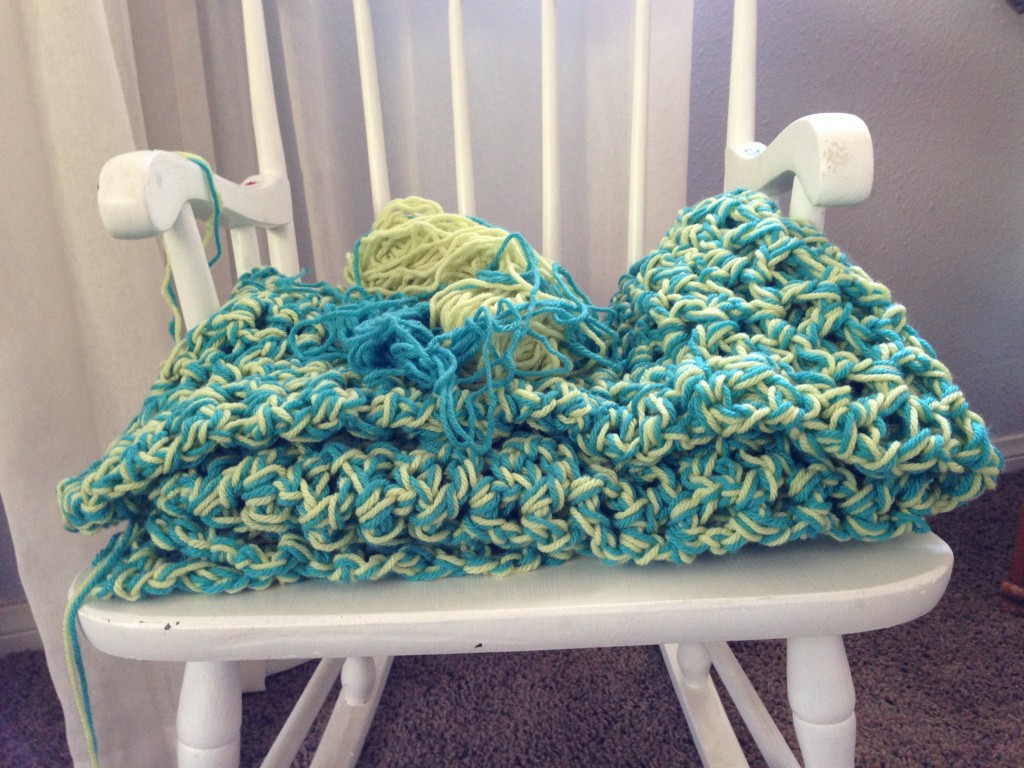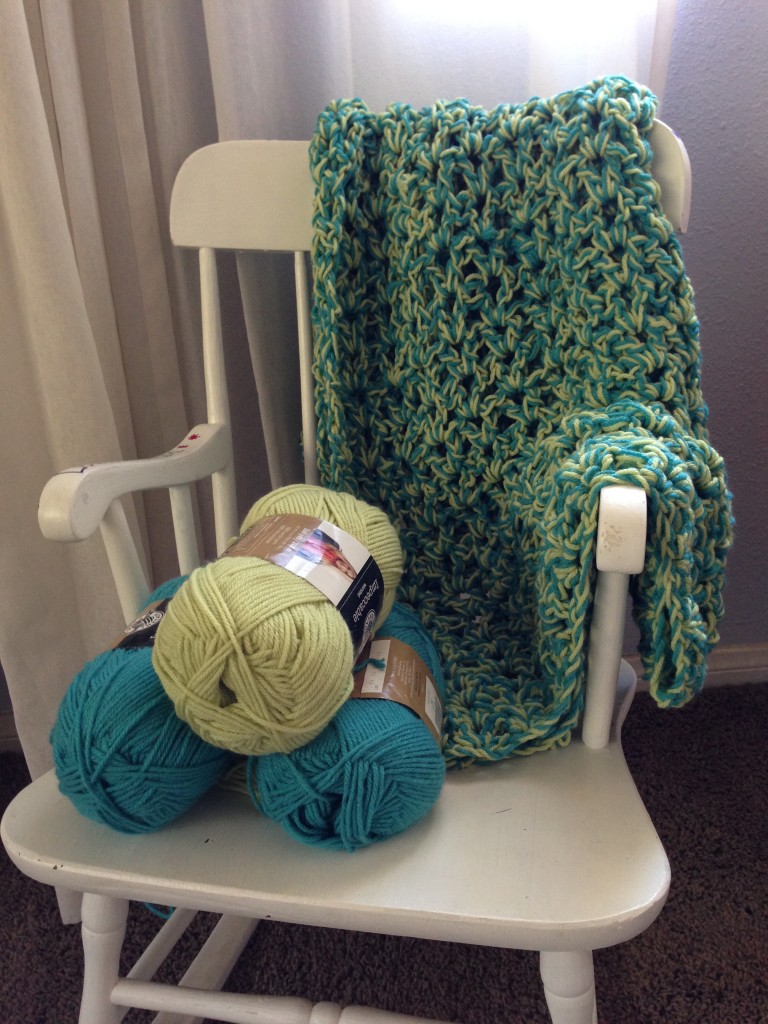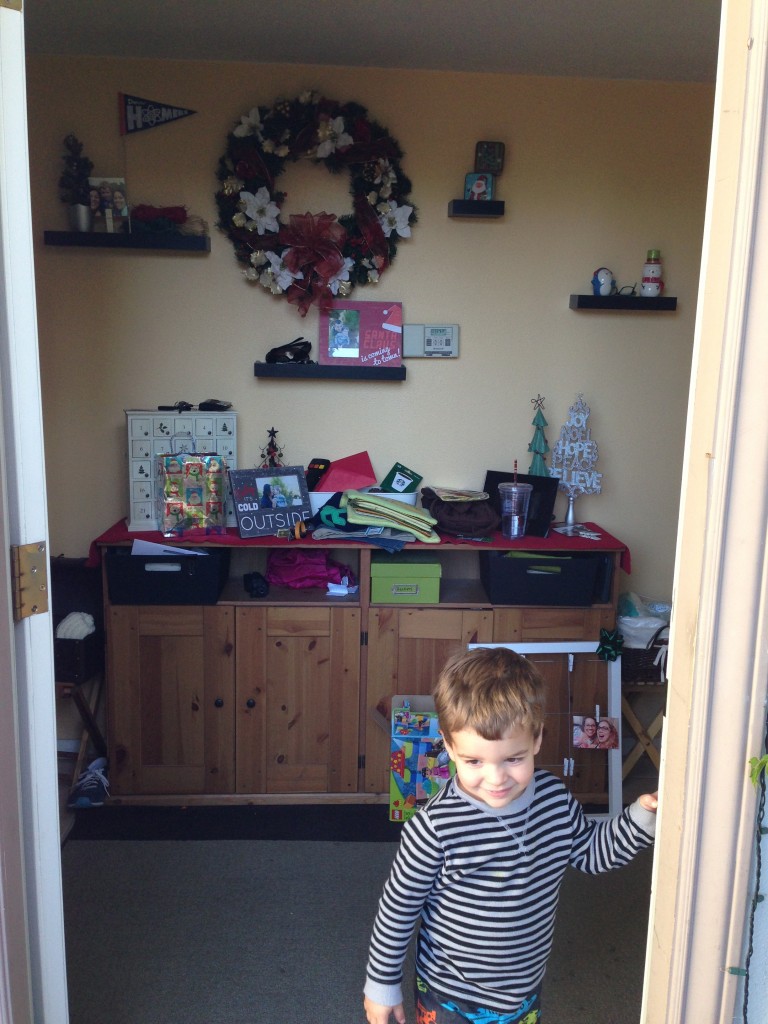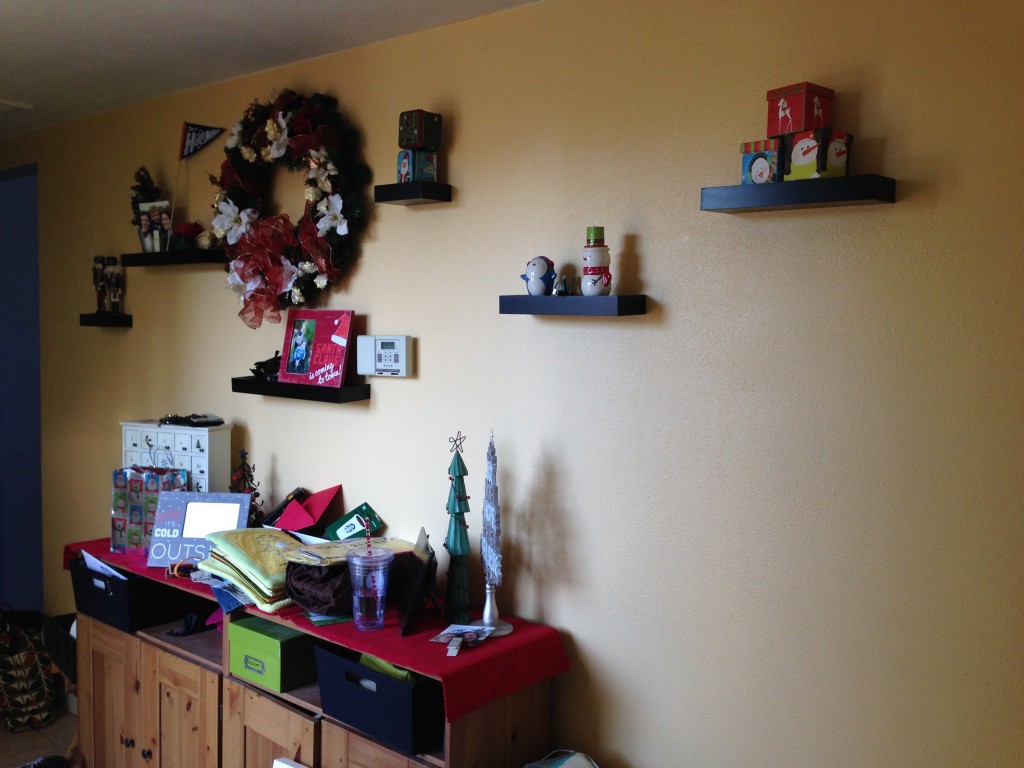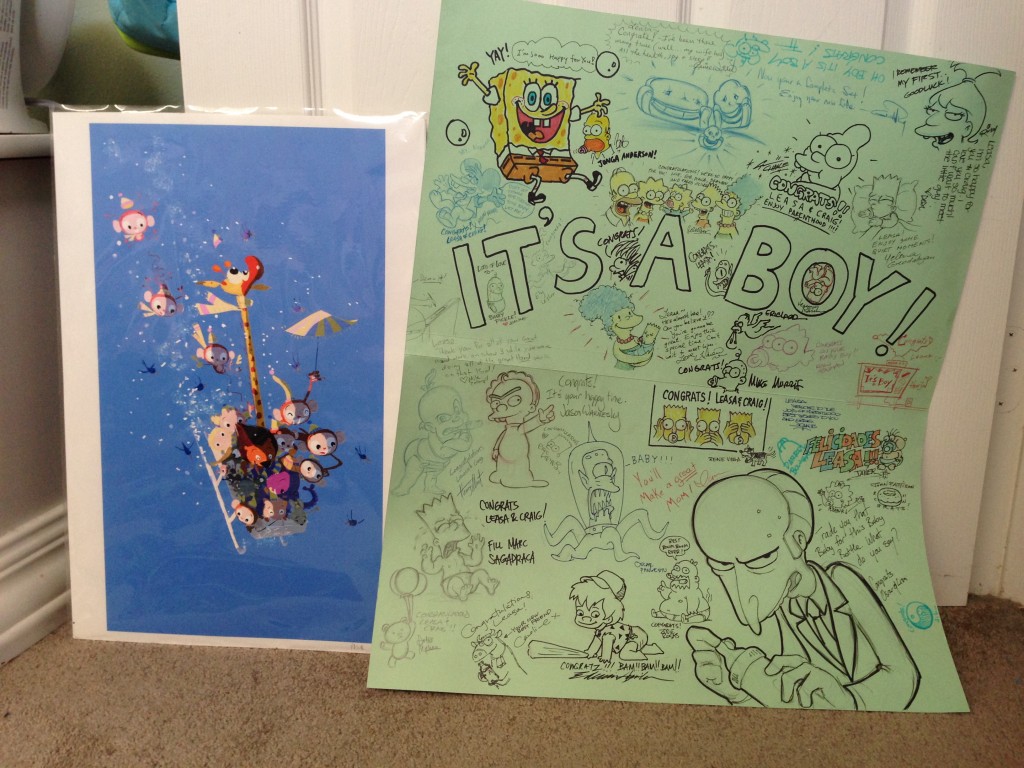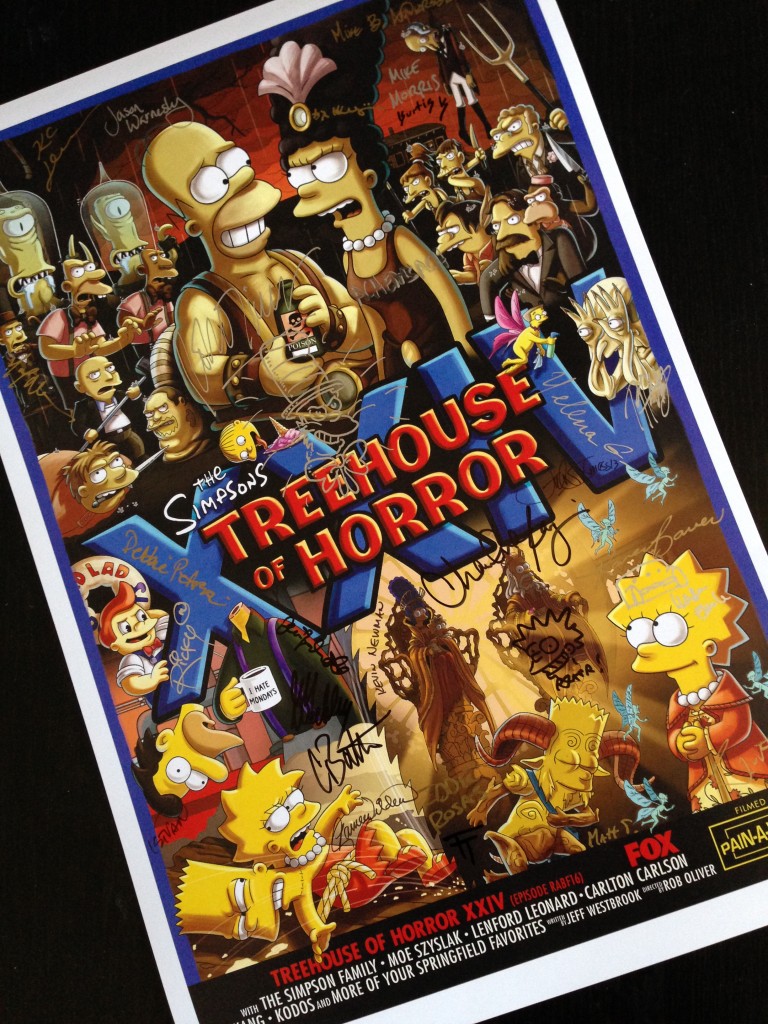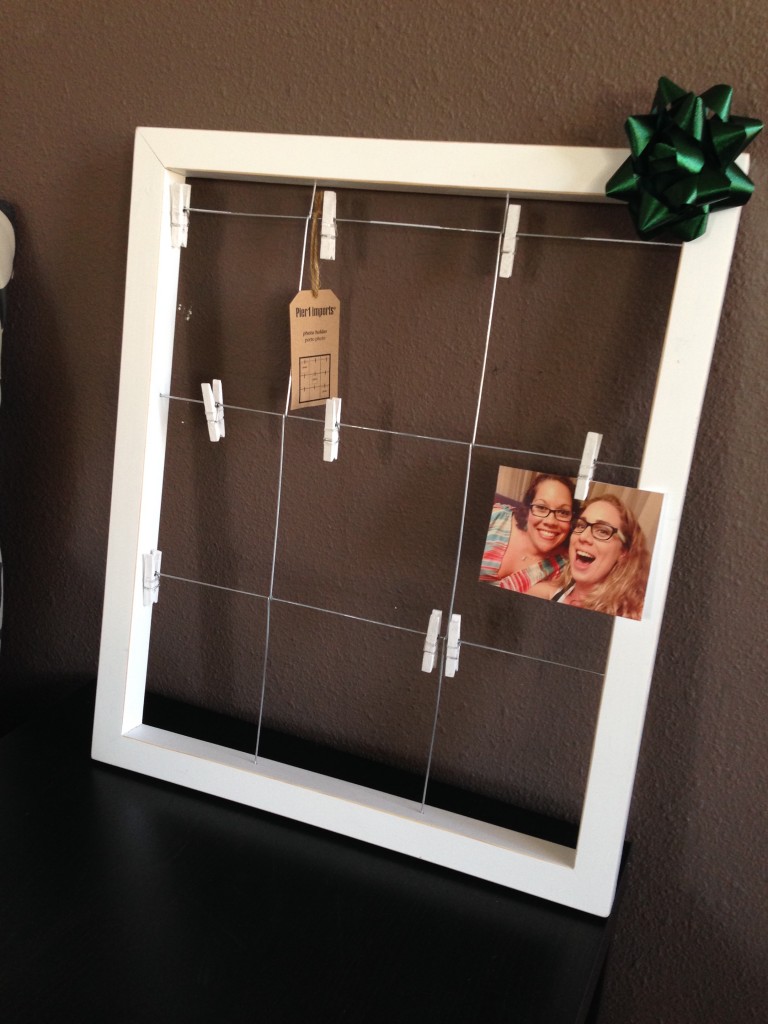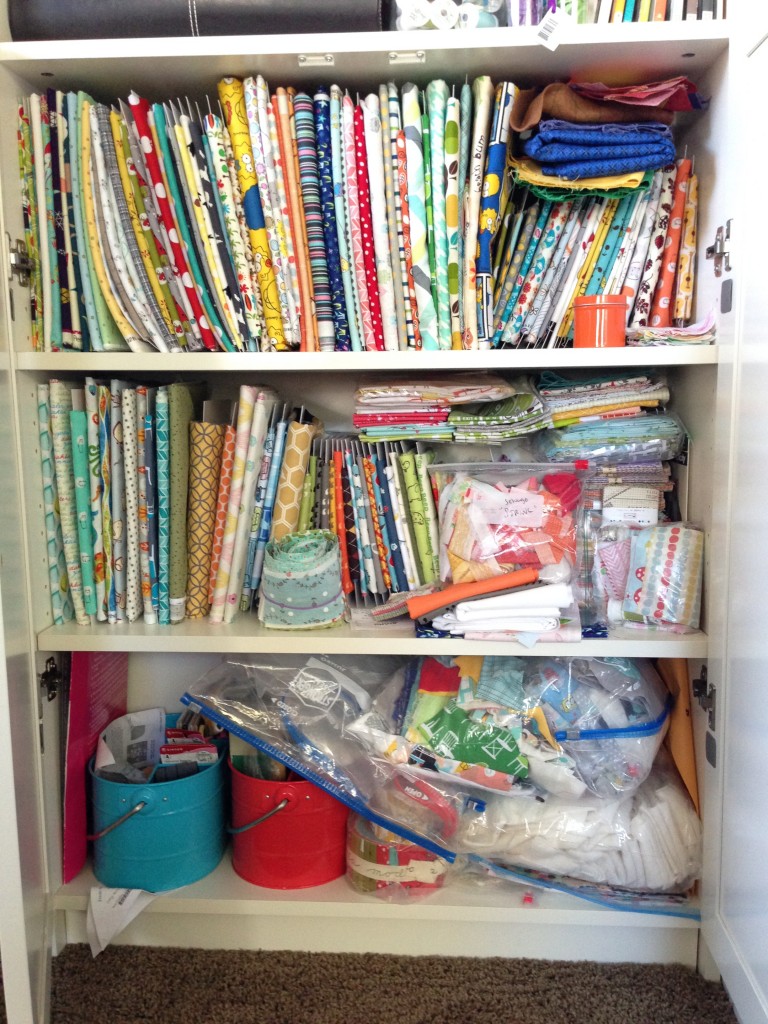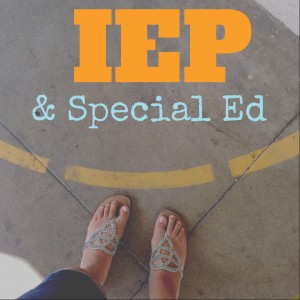 I had been waiting to update on Levi’s development until I had ample info to actually share. Up until now, he had been getting various services through Regional Center. Since 11 months old, he was receiving up to 4 therapy sessions per week in Physical Therapy (PT), Developmental Therapy (DT), and Speech Therapy (ST). Once he turns 3 years old, Early Intervention (EI) services stop through Regional Center, but you can request the school district, in this case LAUSD, to evaluate and see if they will continue services. He had been doing so well, especially his progress in speech, but we decided to see if the school district thought he may need a little more to increase his future school readiness. I declined the exiting Psych eval through Regional Center, because its focus was if we were concerned about Autism Spectrum Disorders (ASD), which we were not.
I had been waiting to update on Levi’s development until I had ample info to actually share. Up until now, he had been getting various services through Regional Center. Since 11 months old, he was receiving up to 4 therapy sessions per week in Physical Therapy (PT), Developmental Therapy (DT), and Speech Therapy (ST). Once he turns 3 years old, Early Intervention (EI) services stop through Regional Center, but you can request the school district, in this case LAUSD, to evaluate and see if they will continue services. He had been doing so well, especially his progress in speech, but we decided to see if the school district thought he may need a little more to increase his future school readiness. I declined the exiting Psych eval through Regional Center, because its focus was if we were concerned about Autism Spectrum Disorders (ASD), which we were not.
The evals through LAUSD took a few months leading up to his 3rd birthday to complete. At the end of evals, an Individualized Education Plan (IEP) meeting is held with the district, where they tell you their findings and what services the offer/recommend… or possibly no services at all. So his eval with the school PT and APE (Adaptive PE) therapists went well. He scored above average in his gross motor skills, which is great! The meeting with the district nurse took a while, giving his entire health history including PFAPA and his food allergies. He passed the hearing and his eye sight was great.
His eval with the speech therapist and school psychologist were done together. This one I was most interested in because he had never had a psych eval and speech was his area of concern still, for me. He was not as cooperative with them, which was unusual. He avoided, shut down, tried to leave the task or turn to me during most of the eval. At the end, the 3 of us chatted for a little while about how he did. They mentioned he was so avoiding/uncooperative with them because they were really prodding him in areas they saw him struggle in. After all, they were trying to determine his ability the best they could. I remember them mentioning their concern on how much he shut down and avoided language and anything difficult. Obviously, its not a life-skill anyone would prefer their child to have and could present issues in school. They couldn’t give results then, obviously, but that stuck out to me.
Fast forward about a month later… we had half of the IEP meeting… they had issues accessing his file via the server.. but we were also able to get the results of the evals and what they were planning to offer him. The result was, they wanted Levi to attend the LAUSD Special Education preschool program called “Preschool Mixed”. I was really shocked and wasn’t sure why. After seeing the speech/psych eval, I understood why. Levi scored quite low in the Social/emotional aspect and the Pragmatic language area (how you use and understand language in social situations and cues). Everything else was within average. The week following this, I spent a lot of time researching what this meant. Online, discussing with my therapist, the school psychologist, a friends husband who is a Neuropsychologist… and so many scary things were coming up: Aspergers and Autism Spectrum Disorder. My worst nightmare, honestly. The only thing that held me to my sanity way back when Levi was diagnosed with developmental delay was: at least it probably isn’t autism.
I know, for all of you reading this that know him personally, your expectation of what Aspergers and Autism look/act like doesn’t fit Levi. I agree, to an extent. Mostly, I want to say that signs for these start around 3 and often are not diagnosed until 5-9 years old when the gap between normal developing kids and these kids widens and social relationships become more complex. So its totally possible the signs are mild, but we have no idea how big the gap could become later. Also, Levi may have a high functioning form of these… which would be great. And lastly, there are things that are part of Levi that may not raise flags to those unfamiliar with the associated symptoms/behaviors. Below is a list of associated behaviors and struggles children who have social/emotional and pragmatic delays. I have used a red, yellow, green color coding to share how these present in Levi at this time. Yellow being sometimes or inconsistent, green being that he does exhibit. If not color coded, either it doesn’t apply (because he is too young) or he doesn’t exhibit so far. On some, I made more in-depth notes or examples. You may also read about Pragmatic Language Impairment HERE and Social (pragmatic) Communication Disorder HERE. Those also used to be called Semantic Pragmatic Disorder (SPD) so there is more info HERE.
(These are the features we have observed in many of our kids but not all in one youngster!)
Early Developmental 0-2 years:
1. “Golden” baby
2. A loner. -definitely in a group setting. Dont take this as ‘left out’ or negative
3. Didn’t always look at you properly or enough when talking to you.
4. Didn’t babble much.
5. Didn’t take teddy to bed.
6. Difficult toddler with no sense of danger.
7. Fussy eater
8. Inappropriate response to sensory stimuli (e.g. touching, pain, noise)– when he is being hurt, he just allows/cries/shutsdown
9. Late pointing to share knowledge.
10. Late recognizing himself in a mirror or in a photograph.
11. Late talking
12. No boundaries. -we witnessed him go right up to some stranger & hug/kiss. Doesnt respond when friends say stop.
13. Not interested in baby games.
14. Over clingy or wandered off too easily. never had an issue with separation anxiety
15. Thought he was deaf.
Nursery age development 2-4 years:
1. Appears to have a receptive language disorder.
2. Better conversation at home than at school.
3. Cannot play or negotiate with other kids –a little successful 1 on 1, but cant in a group
4. Cannot share.
5. Can’t initiate pretend games with other kids.
6. Difficulty cutting out.
7. Doesn’t build much with lego or tends to build the same. -he always builds the same thing. And those things are what he has seen Craig and I build
8. Echoes people’s conversations, stories and t.v. programs.
9. Good at jigsaws, colors, numbers, shapes.
10. Has to be prompted to use social greetings like ‘hello’ and ‘goodbye’.
11. Late drawing representationally. Prefers scribble if left. his drawings have no meaning. no attempt to control or make a face
12. Loves music and has a good memory for tunes
13. Never asks for help – too independent.
14. Obsessional interests like cars, dinosaurs and Michael Jackson! knows all the parts of fire trucks and will spout them off!
15. Only interacts at a rough and tumble or chase level.
16. Only watches cartoon t.v. or animal programs
17. Prefers ‘helping’ with real activities like operating machinery or washing up.
18. Prefers to ‘read’ his own story (usually Thomas the Tank Engine).
19. Pretend is only action on object and doesn’t have a storyline. called functional play. He knows the toy cup represents a real cup, but wouldn’t play with it as anything else nor make up anything even related to the cup (a tea party)
20. Rarely dresses up. almost never. I prompt or put a hat on him
21. Tantrums persisting.
22. Very active – doesn’t settle to play for long. except for his interest area. otherwise, flits around from toy to toy
23. Wouldn’t settle at playgroup and had to be removed. really struggles with listening & staying on task at gymnastics, etc
School Age development:
1. Appears rude or can say things that embarrass you.
2. Approaches people inappropriately by kissing them or wrapping his arm around them or standing too close.
3. Cannot cope in crowds like assembly or parties. he stays removed from them and observes
4. Can’t follow topic work in the classroom.
5. Can’t get his ideas on paper.
6. Can’t tell you what he did at school without shared knowledge.
7. Difficulty coping with school dinners (e.g. food fads, slow eater, surrounding noise, conversational expectations).
8. Distractible in the classroom.
9. Does not see himself as a member of a group.
10. Doesn’t ask the teacher for help.
11. Doesn’t exchange eye contact or facial expression appropriately.
12. Doesn’t like football or complex rule based games.
13. Doesn’t really follow the storyline of a book. he can if its a book he knows and we have told him the storyline
14. Doesn’t take turns in conversation.
15. Doesn’t understand abstract concepts like: tomorrow, next week, guess, wish.
16. Doesn’t use much gesture like shrugging shoulders.
17. Excellent number concepts but difficulty with + or – or telling the time or value of money.
18. Fluent speaker but only wants to talk about things important to him.
19. Follows his own interests rather than the class.
20. Follows rules slavishly, and expects everyone else too.
21. Good memory for places and events. one time i pulled off the freeway because he said he needed to potty. now when we pass that exit, he says he needs to potty. another time, we saw a tow truck with a car on the back at the light for our freeway exit. most days he asks to see that tow truck. and other really random memories, especially if related to his obsession (cars)
22. Has no special friend but dominates some kids or plays on his own.
23. Has to be told how to behave.
24. Late reader or ‘super’ reader.
25. Literal understanding doesn’t know when you are being sarcastic or joking. teacher told the kids to roll out the play-doh and put cookie cutter on top, to make “cookies”. he rolled it into a ball and placed the cookie cutter on top and was done. missed intention and social cue from other kids/watching/copying them
26. Naive and unable to see deception in others.
27. Obsessional questioning. Answers don’t satisfy him.
28. Poor handwriting
29. Seems much more childish for his age than his intelligence would suggest.
30. Sounds like a grown up sometimes.
31. Under performing at school.
Summarizing Difficulties—
Social/Emotional Delay and Disorder:
• Approaches kids and adults inappropriately.
• Childish.
• Demands a lot of adult attention. adults are his favorite.
• Difficulty making friends of his own age.
• Does not understand status.
• Doesn’t recognize the difference between good and bad behavior unless told.
• Doesn’t understand other people’s intentions. see comment for “literal understanding”
• Egocentric.
• Feels bad about himself if he makes a mistake but doesn’t feel embarrassment.
• Little empathy
• Naive
Language Disorder:
• Confuses he/she he cant get boy/girl right often
• Conversation can sound too grown up or rude.
• Difficulty establishing shared attention and joint reference.
• Disproportional early vocabulary of nouns to verbs.
• Doesn’t initiate conversation appropriately.
• Doesn’t use language sociably and tends not to bother about social greetings.
• Early listening and comprehension problems.
• Easily distracted.
• Late talking and late pointing reverentially.
• Later on few words to describe thoughts, feelings and intentions of others.
• May have other language problems like fluency or speech disorder.
• Not interested in or able to follow topics outside his own experience.
• Over uses social phrases or non-specific pronouns e.g. ‘over there’.
• Poor Auditory discrimination so he may misuse words e.g. ‘cartoon’ for ‘carton’.
• Quiet baby.
• Single track attention in a busy room. if its his obsession objects, yes. otherwise he sticks to the outskirts of a busy room
• Sometimes appears deaf. you have to get right in front of him sometimes if he is with obsession objects
• Talks nonstop about his own interests.
• Uses a flatter or exaggerated intonation pattern. sounds robotic when spouting off about cars/trucks
• Uses time labels incorrectly. Words like ‘yesterday’ can mean any period back in time.
Play skills:
• Can’t share easily. what 3 year old can though?
• Can’t share pretense or develop story lines.
• Difficulty in following rules of games like tag, hide and seek or football.
• Finds it difficult to develop to and fro games with adults e.g. throwing and catching a ball. Hide and Seek.
• Good at lego and jigsaws.
• Likes playing on his own repetitively.
• Only plays chase or rough and tumble with other kids. when he does interact w peers, tends to be very physical
• Prefers real activities to pretend.
• Prefers self chosen activity and resists adult direction. when playing/working with him, if it gets difficult he will shut down and direct to his prefered activity
• Some anxiety about playing in the playground, particularly if there is no apparatus or objects to play with.
Sensory Difficulties:
• Many have a heightened awareness of smell or taste and may refuse certain foods. Others have a diminished awareness of hunger and may only eat if told.
• Some are late acquiring an interest in sensory exploration and continue to need this kind of play activity more than other kids of the same age and ability.
• Some avoid touching certain materials particularly sticky or wet substances.
• Some kids have a heightened awareness of loud noise. Others ignore loud noise and focus on peripheral sound.
• Some kids seem to have a diminished awareness of pain ‘bravely’ picking themselves up after serious accidents and only displaying signs of distress after observing the visible signs of hurt e.g. blood
Now, many of these things are present in lots of normal developing 3 year olds, or seem nit-picky of course! And we know this! But you would also be surprised what kids his age can do/say/understand. And don’t forget, signs start about now. And when you pair these flags with the fact that he has been struggling with developmental delay his whole life, it takes on a different meaning than kids who have been observed to be developing normally.
So… whats the next step? He started today, actually, at the LAUSD Preschool Mixed program. Its 5 days per week, half day, and is for kids exactly like him. Ones who were getting early intervention who need more services/time to help them and may be exhibiting early signs of high functioning ASD. He will still be attending his usual preschool in the afternoons as well. I requested the Psych eval from Regional Center (that I previously declined) and will probably get in contact with a neurologist to get a 2nd opinion on these red flags. Other than that, its a waiting game to see how he develops over the next 2 years I think.
Lastly, I want to say that we appreciate all your love/support/prayers for Levi this whole time and moving forward. But I also want to remind you that this is stressful for us and sensitive at the moment so please consider your comments/words. What will be, will be, and I trust you all know that Levi will get all the help/services that he needs.
Much Love
Leasa
PS- If you would like to see the assessment reports, you may access them HERE. I thoroughly removed all of our/his personal info.
